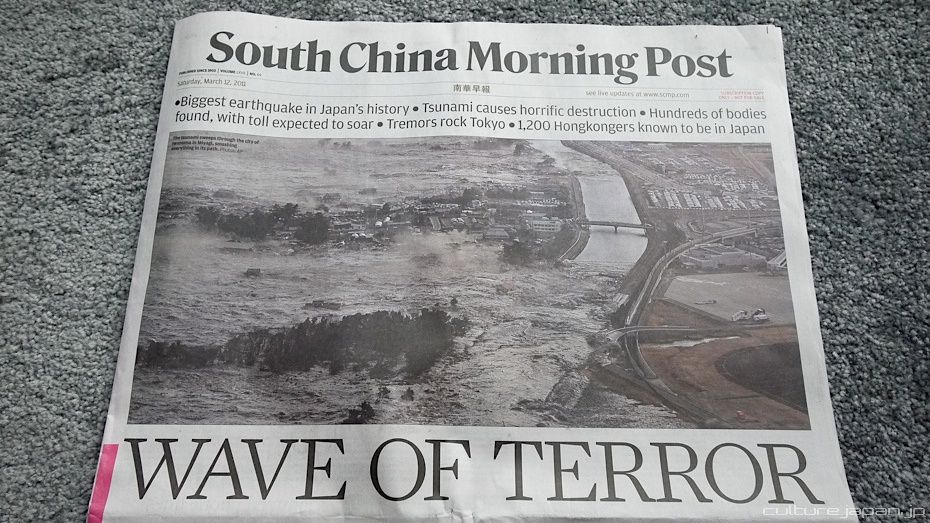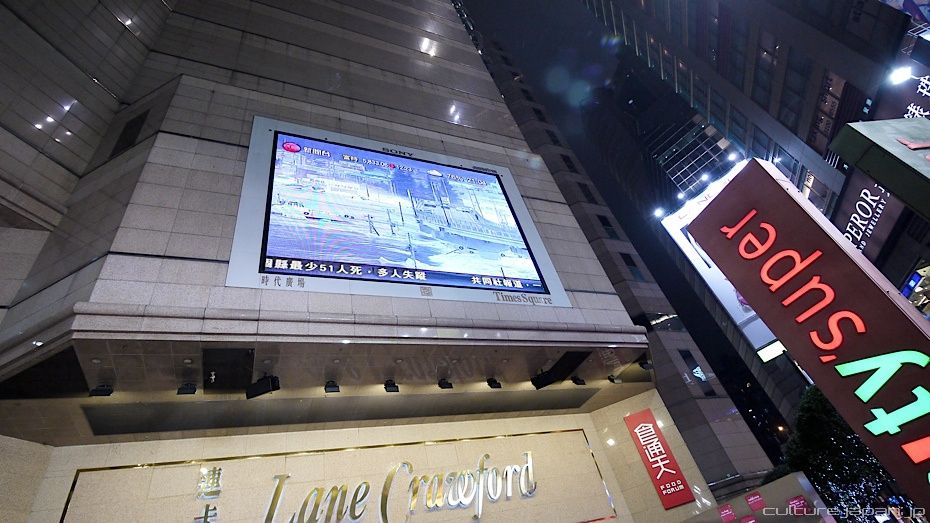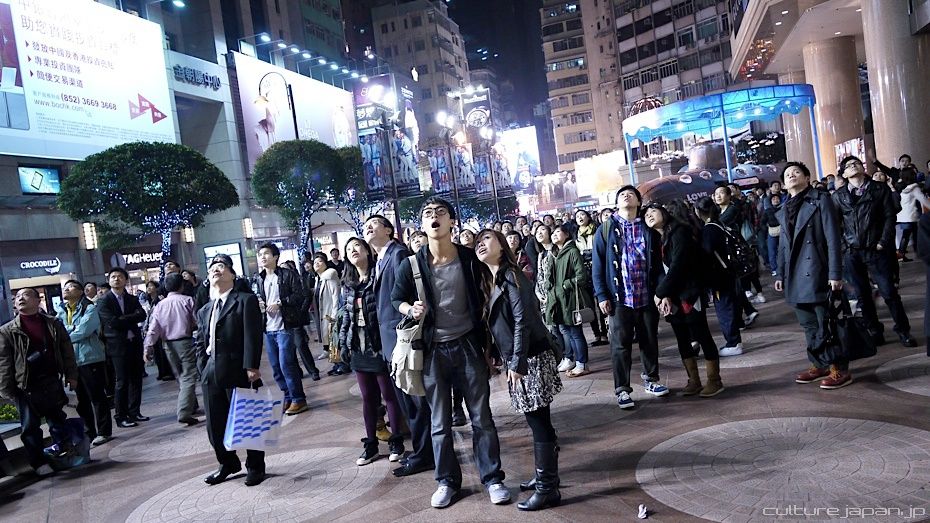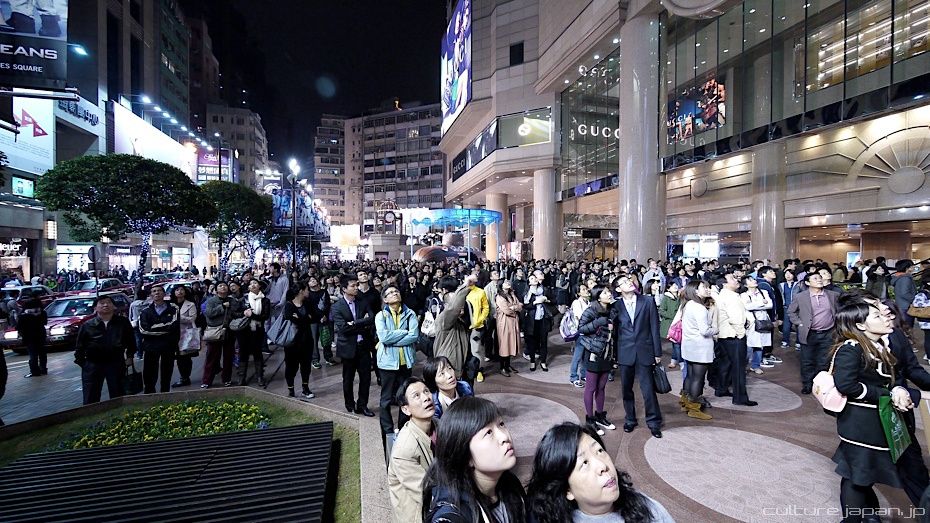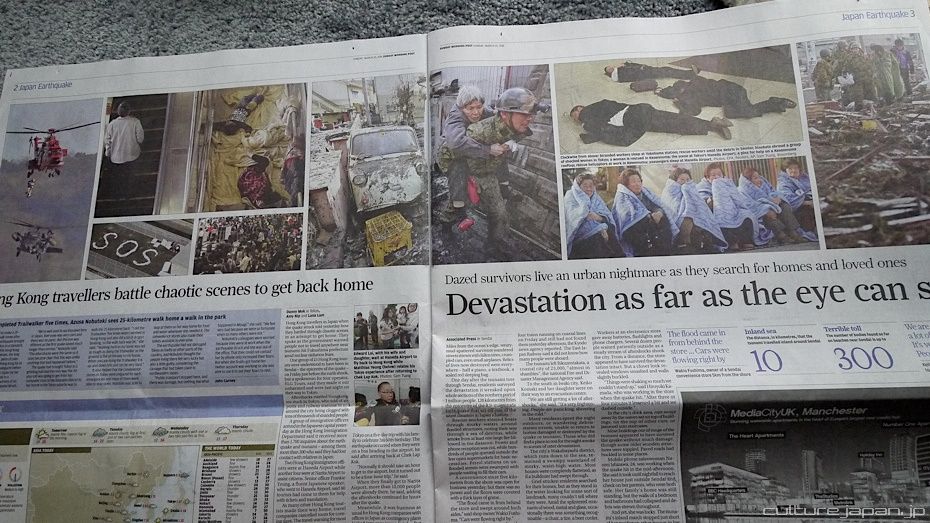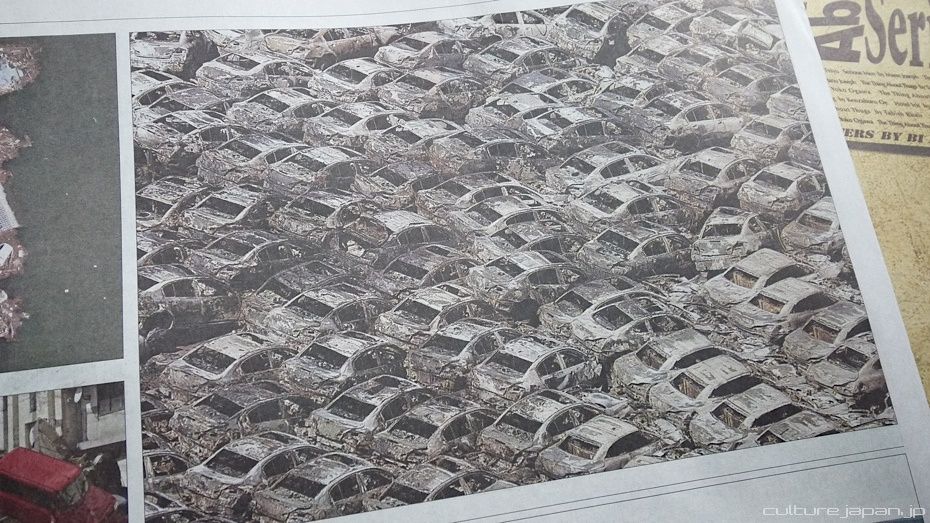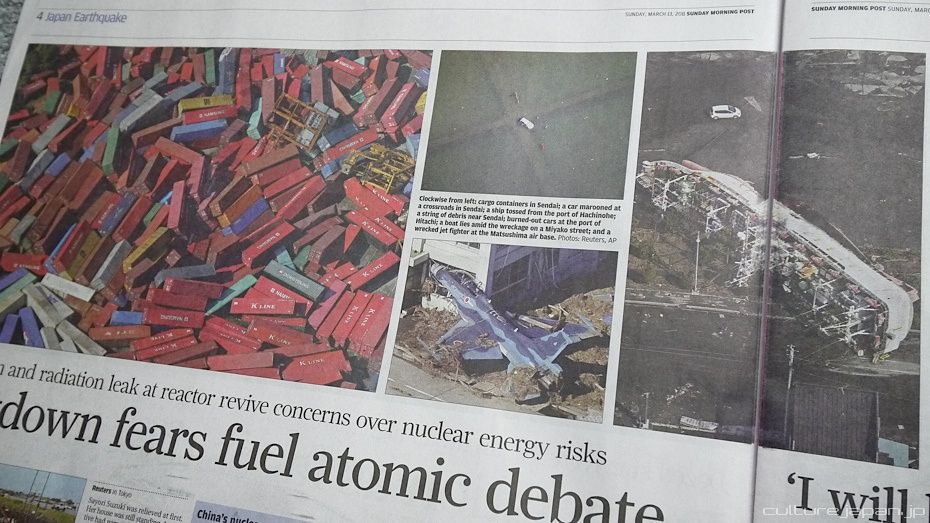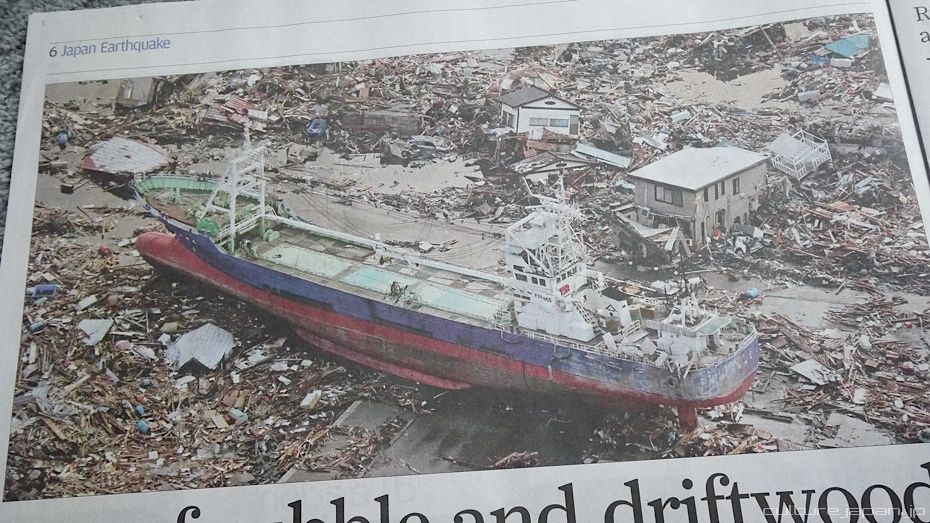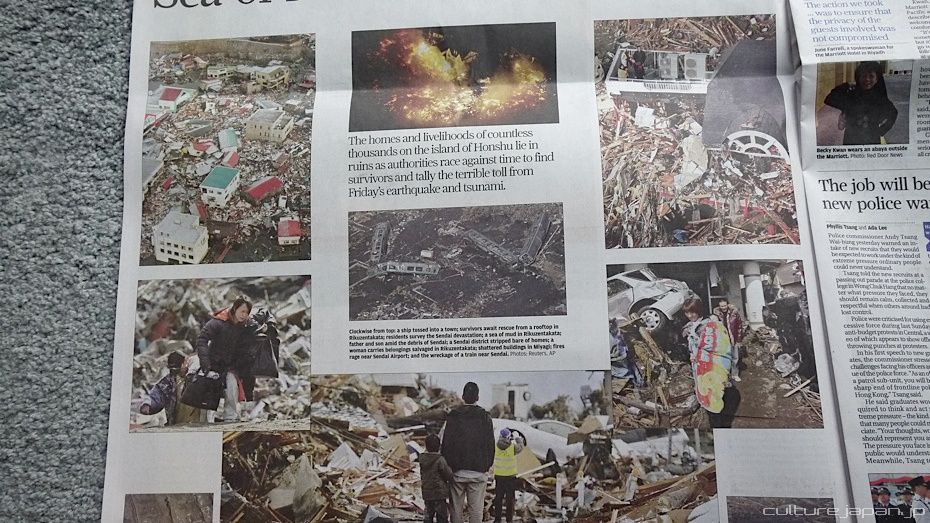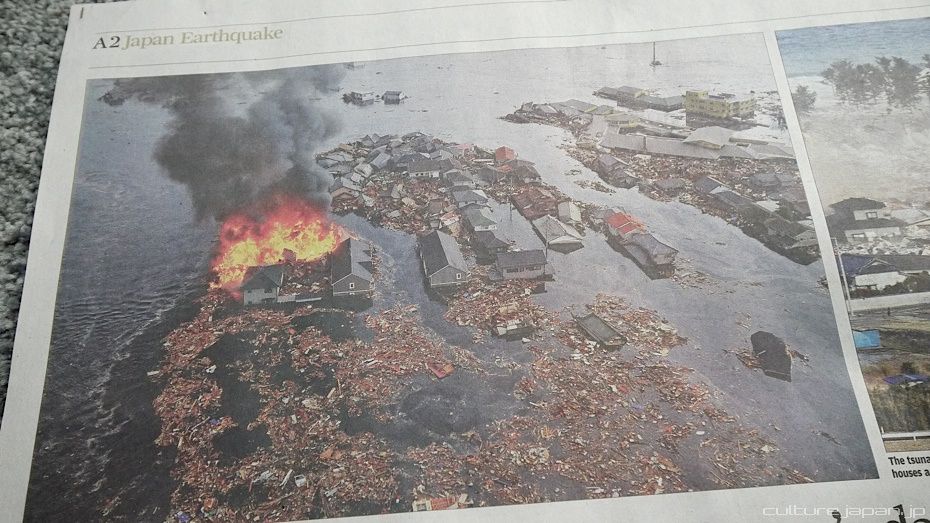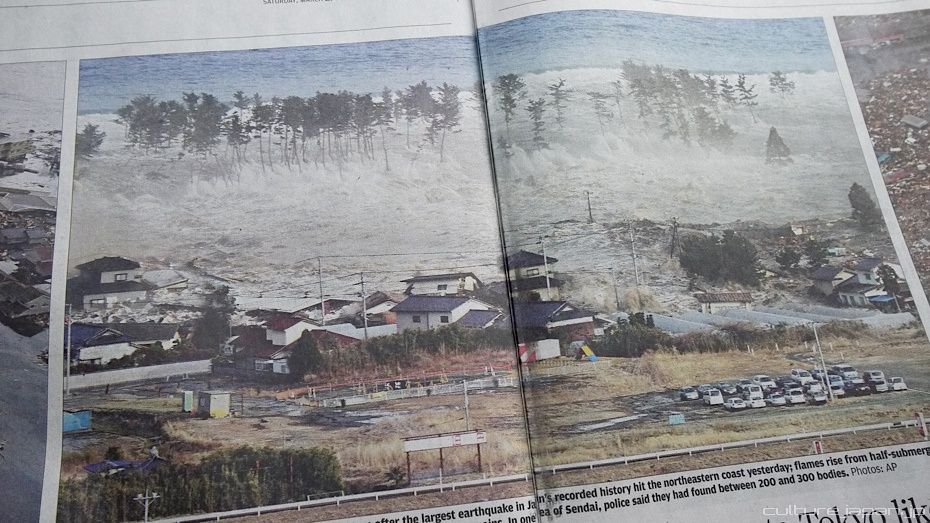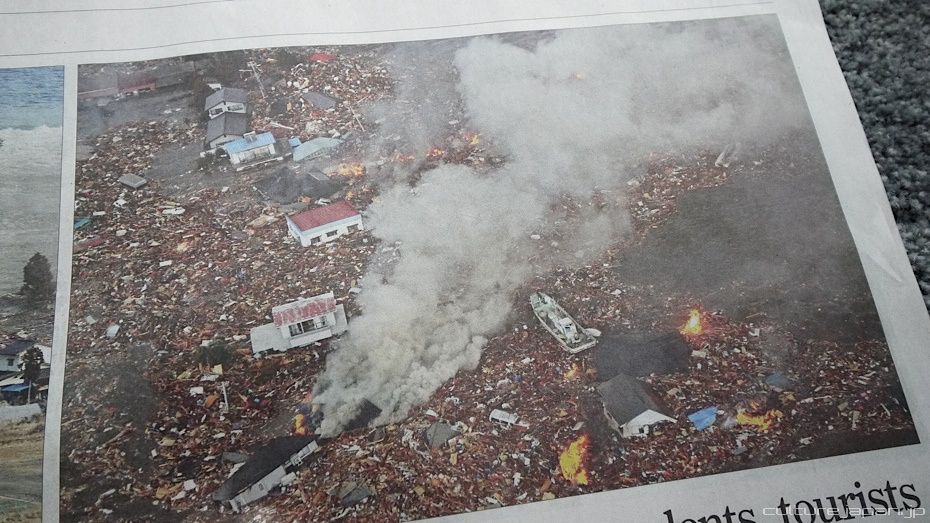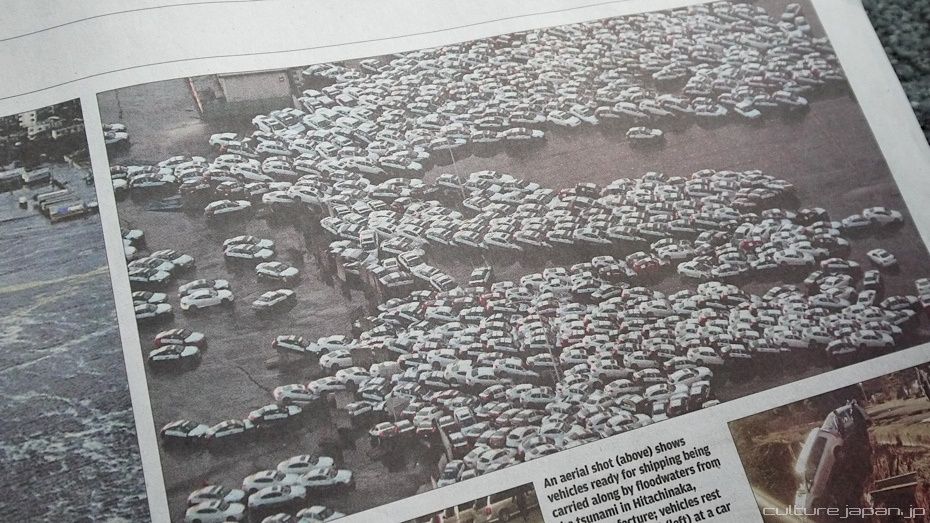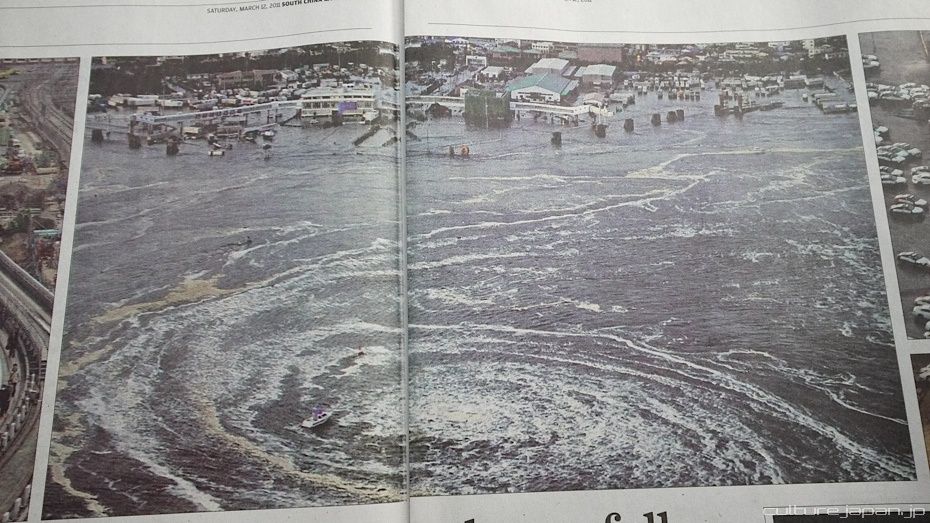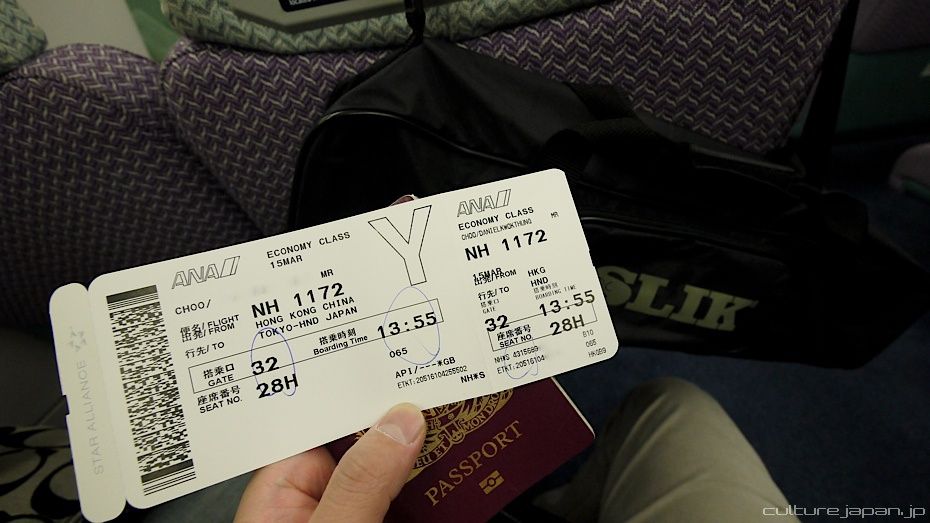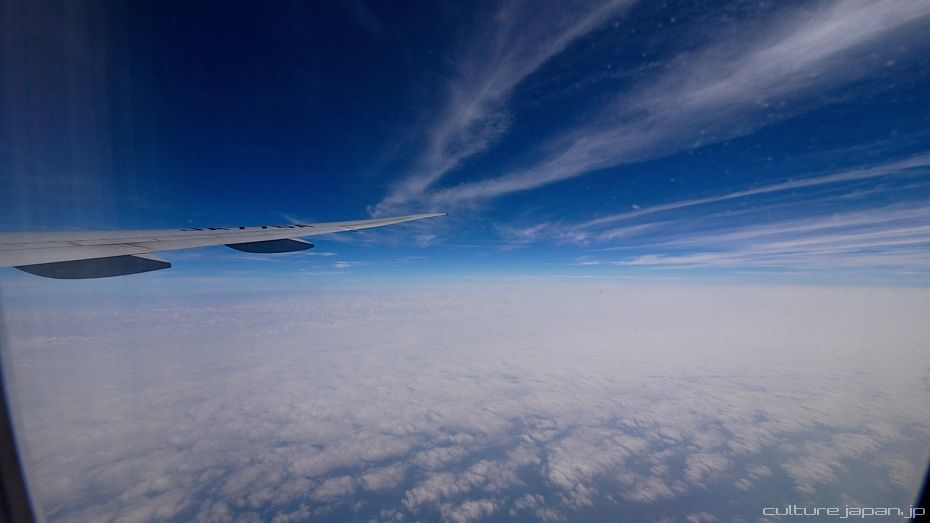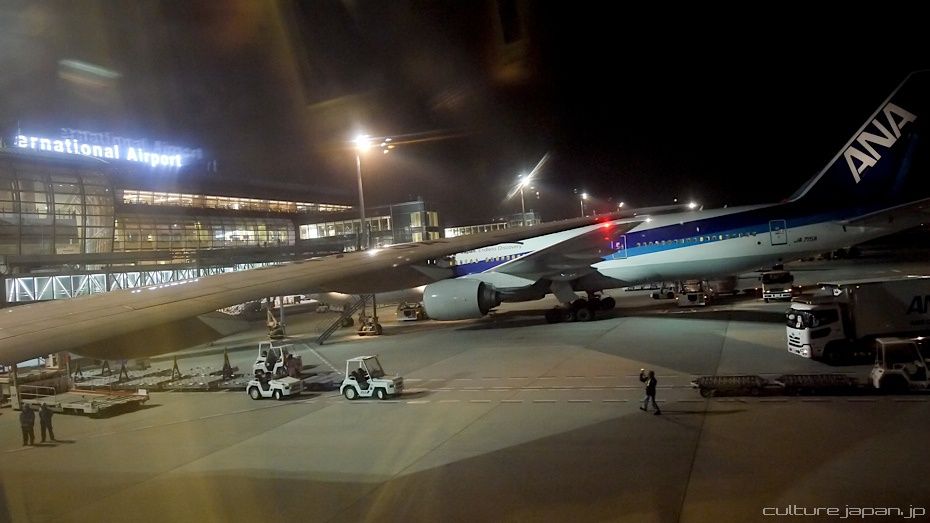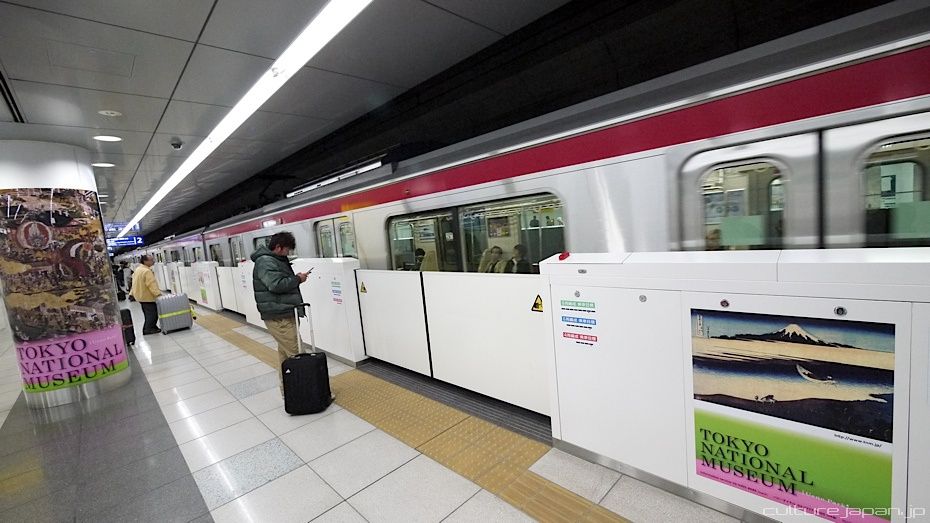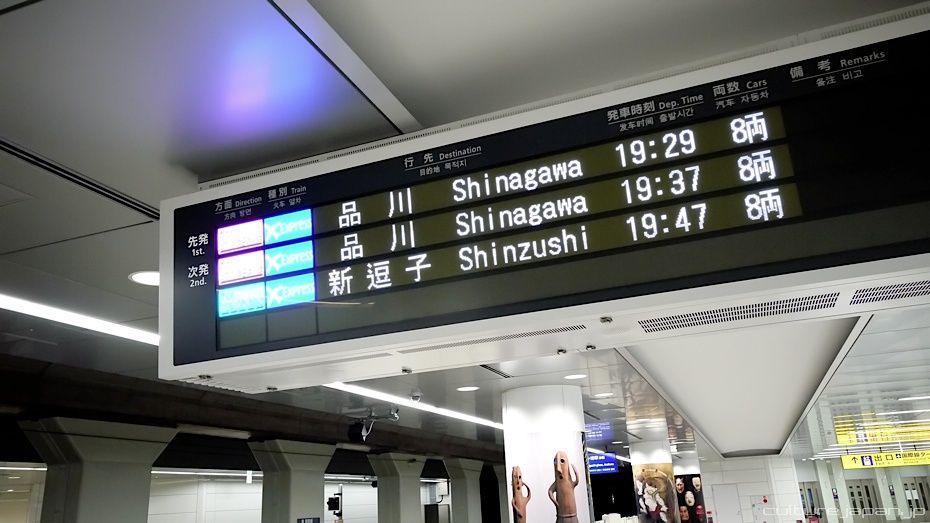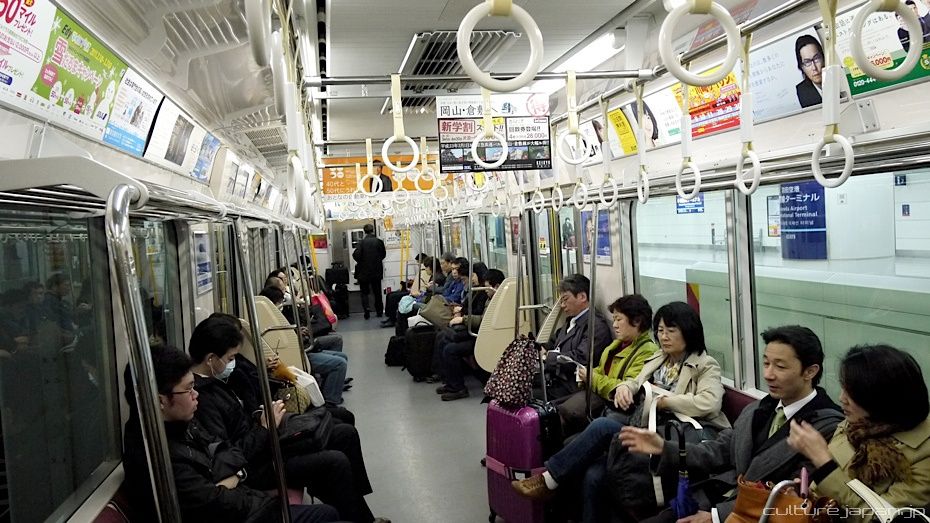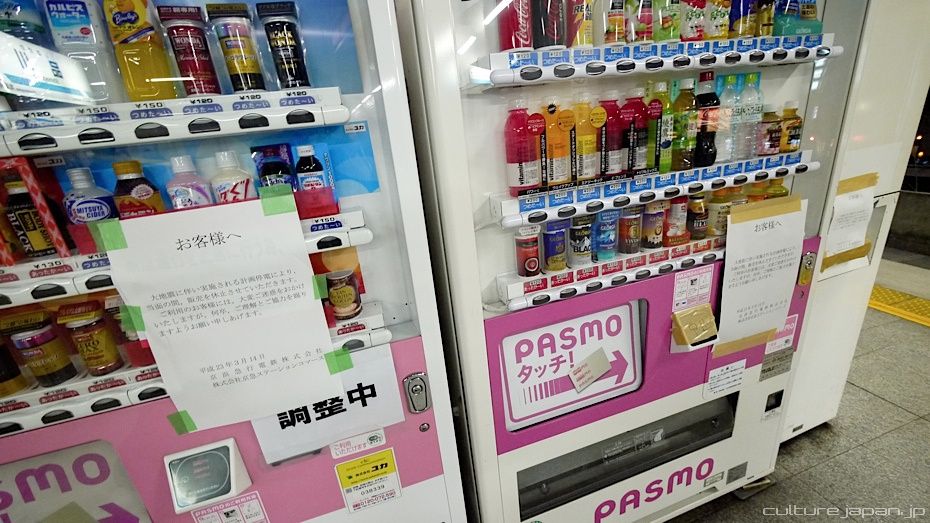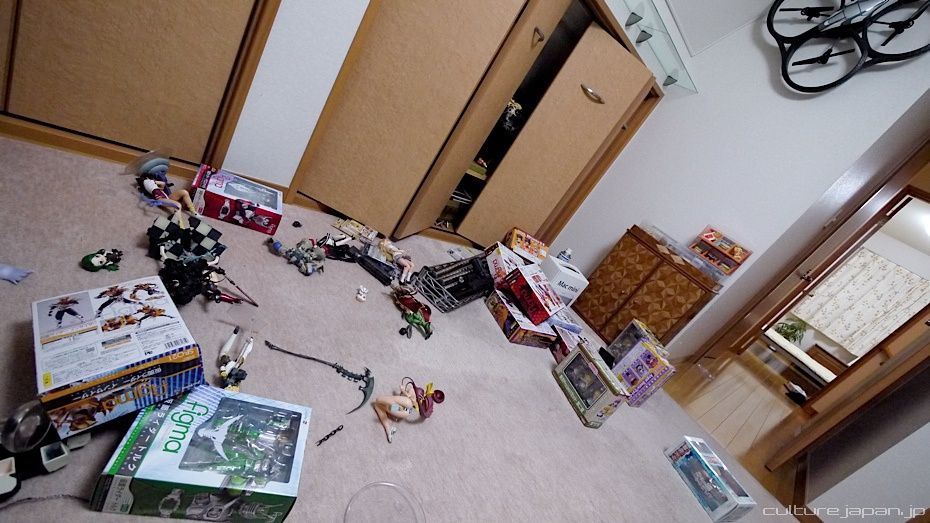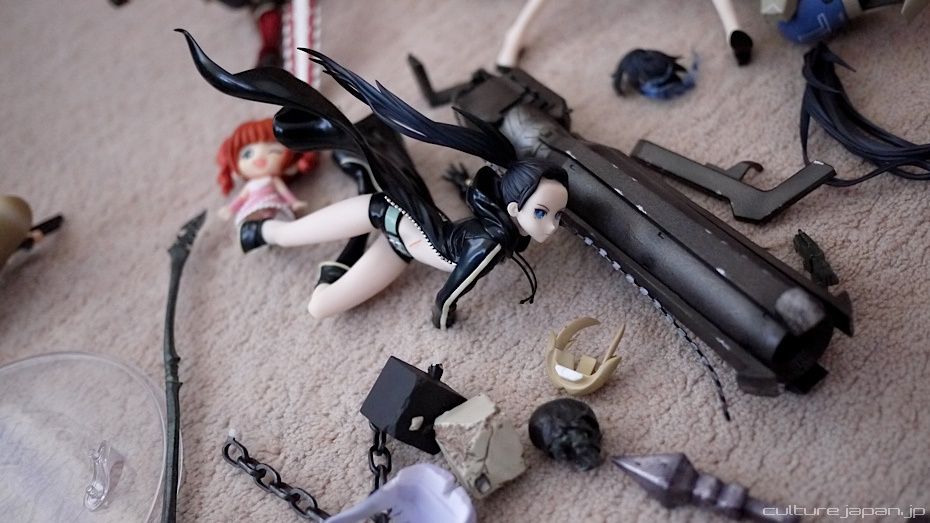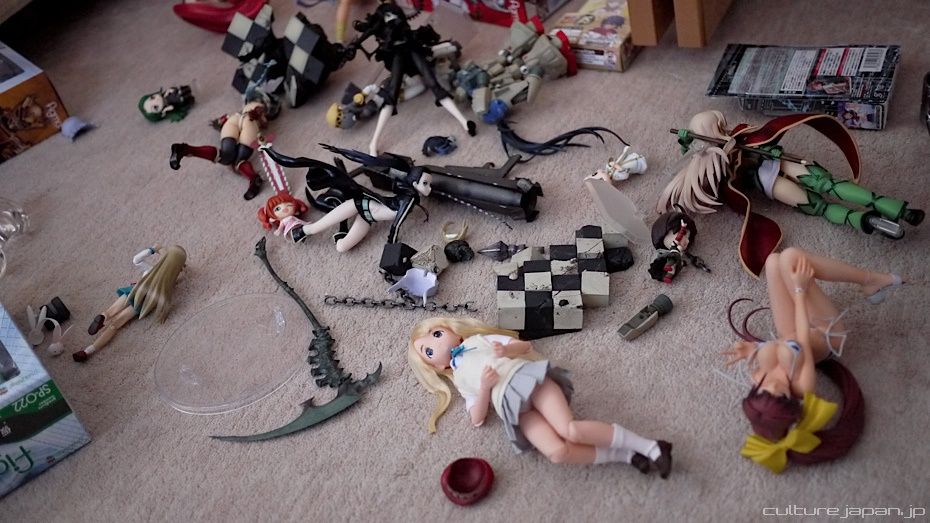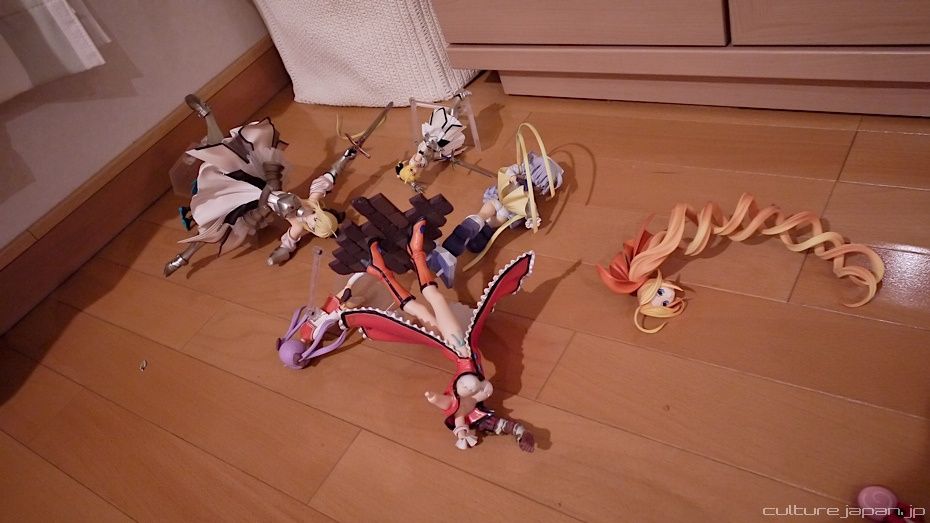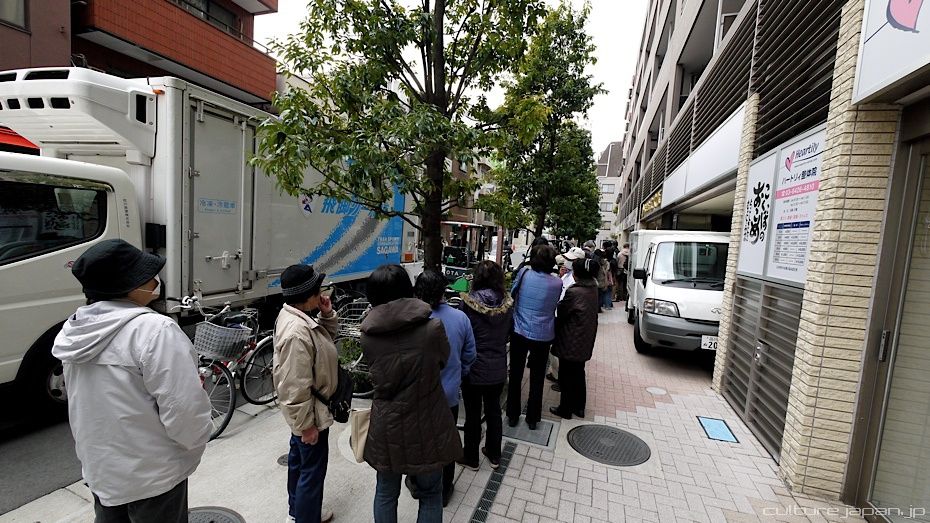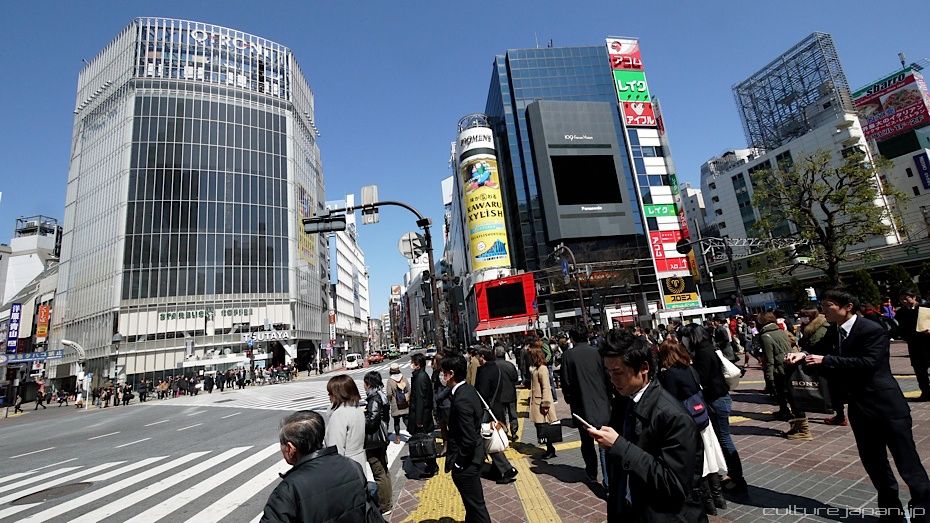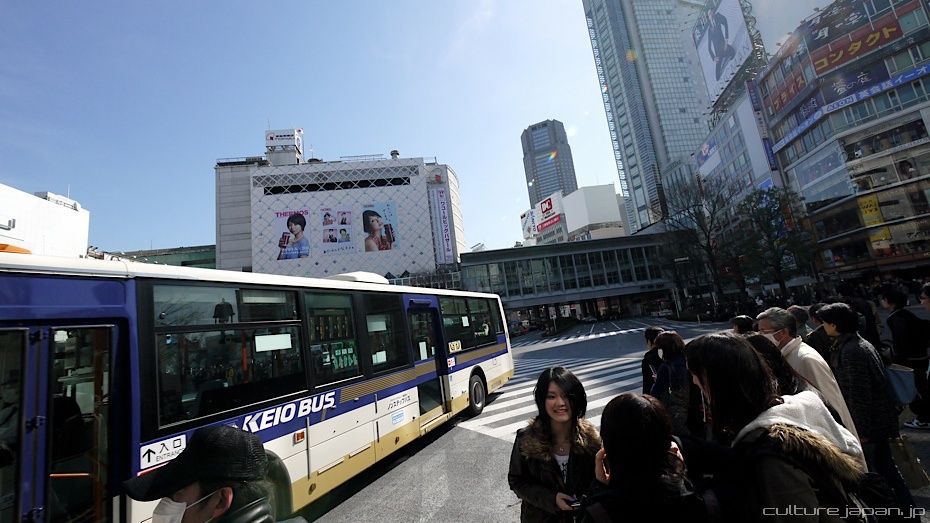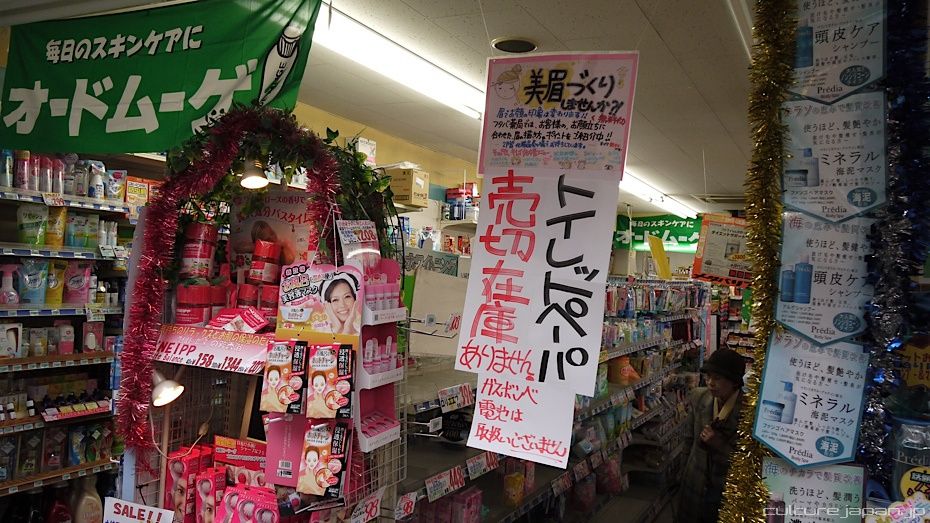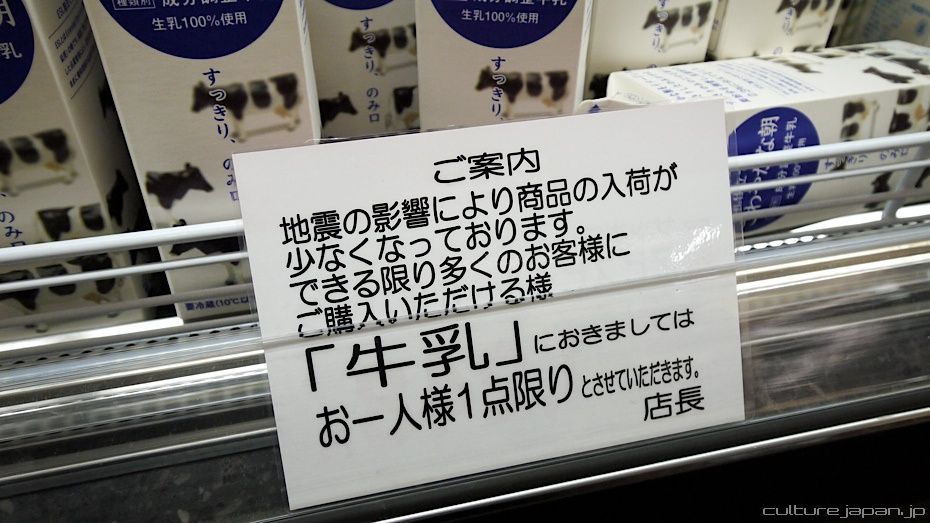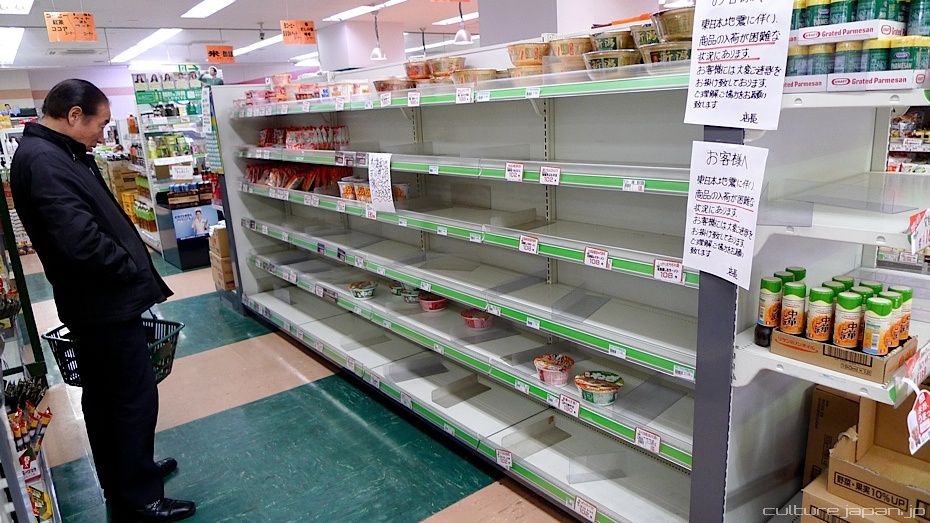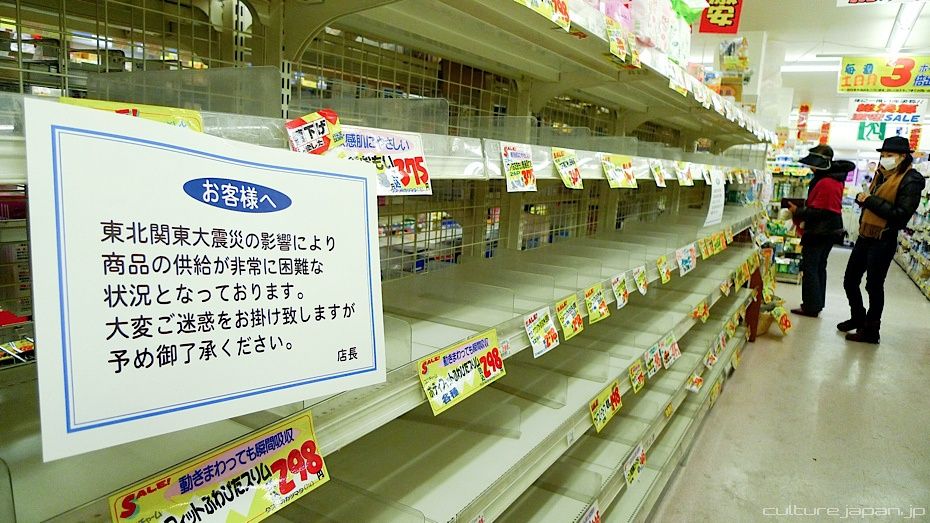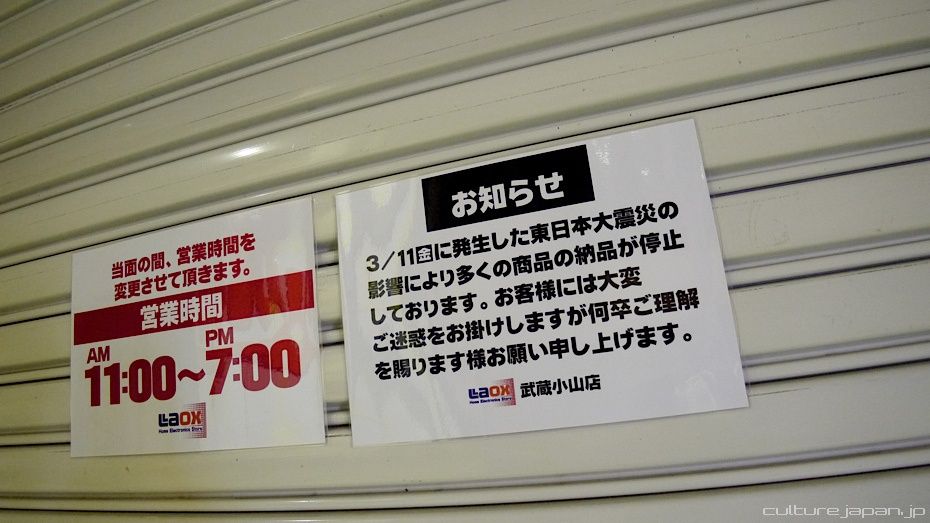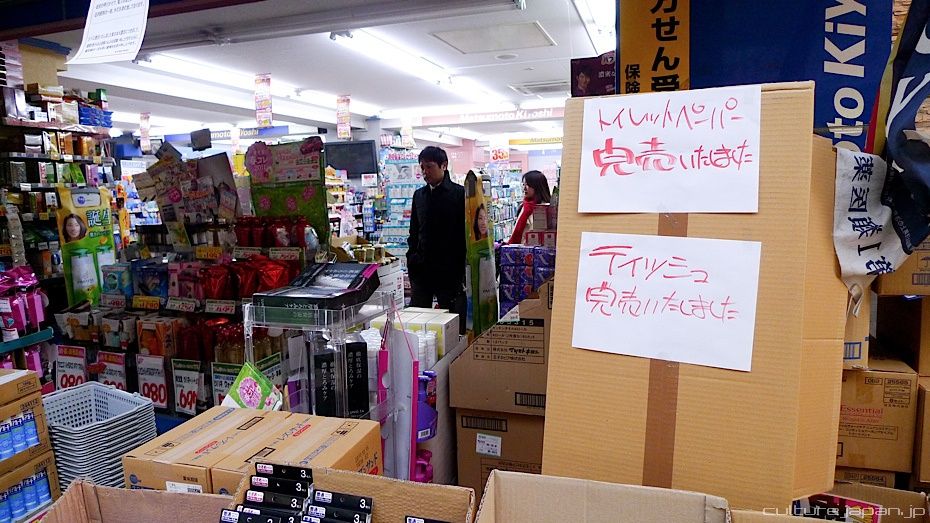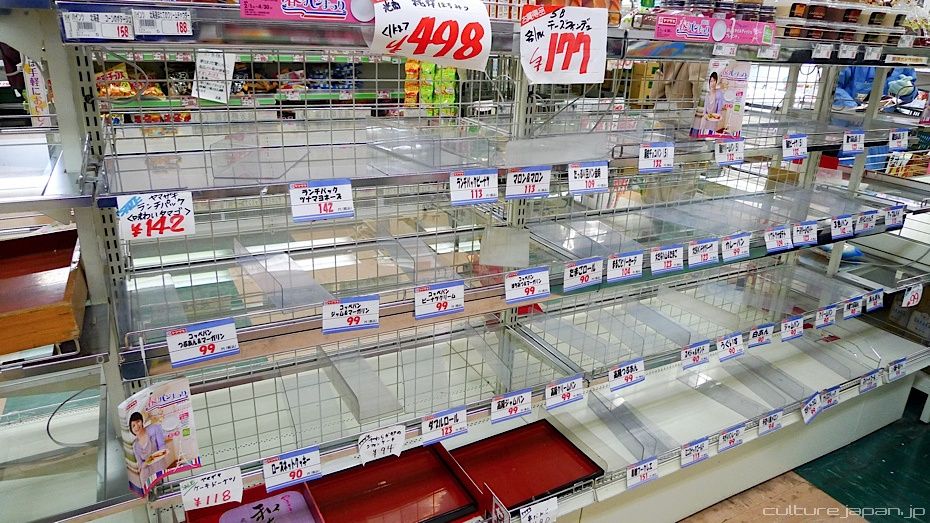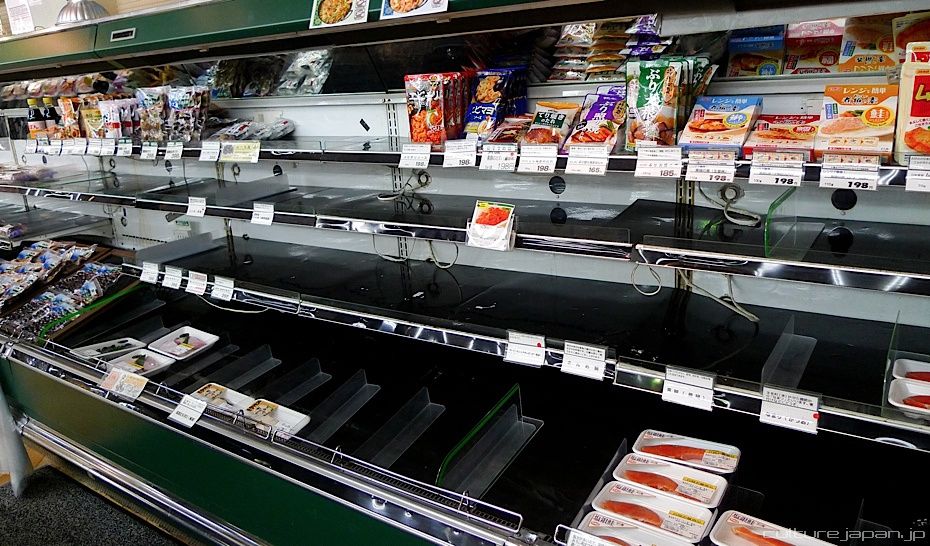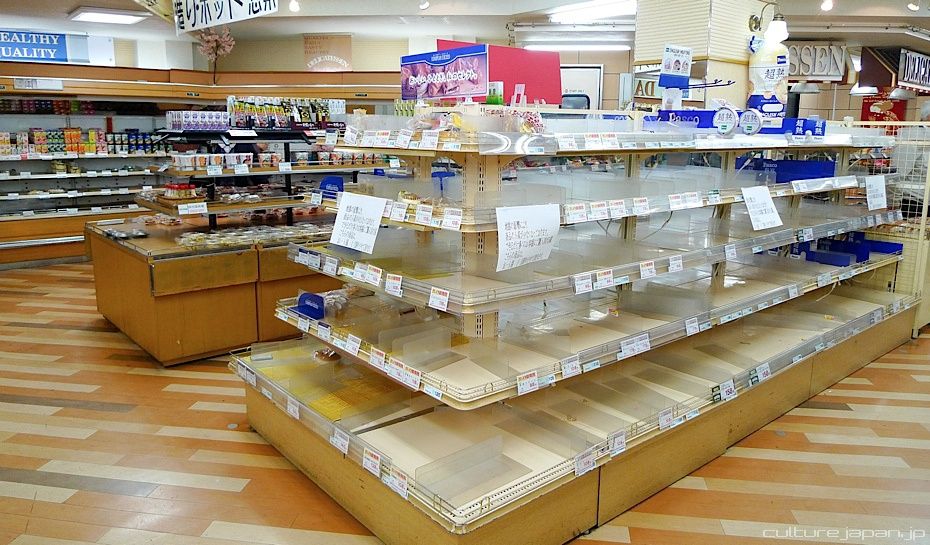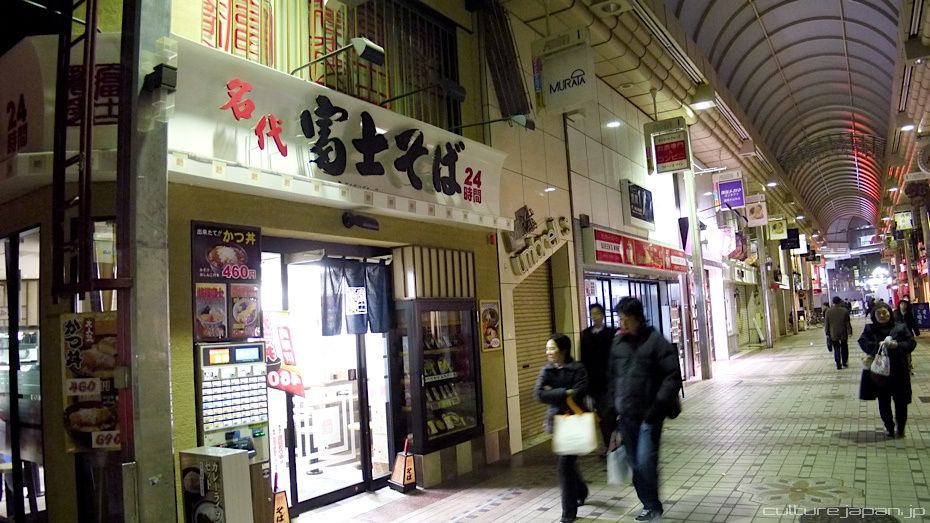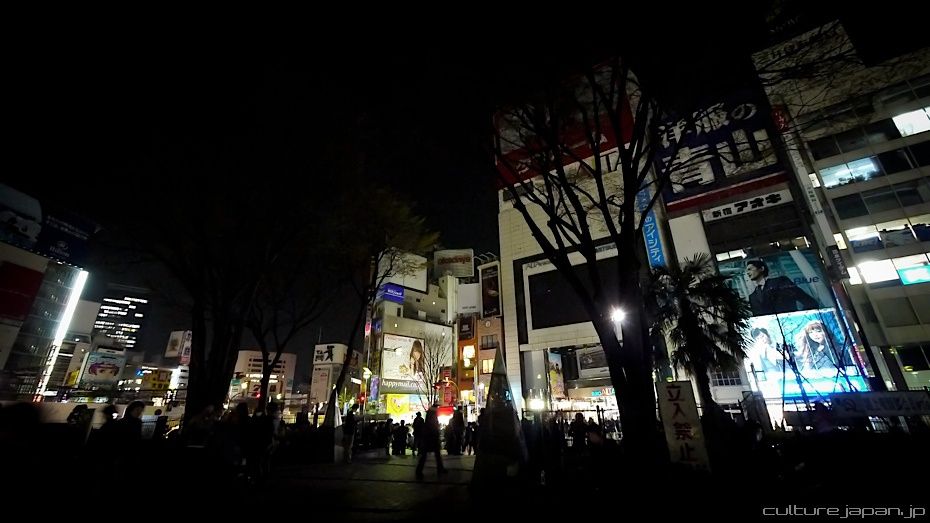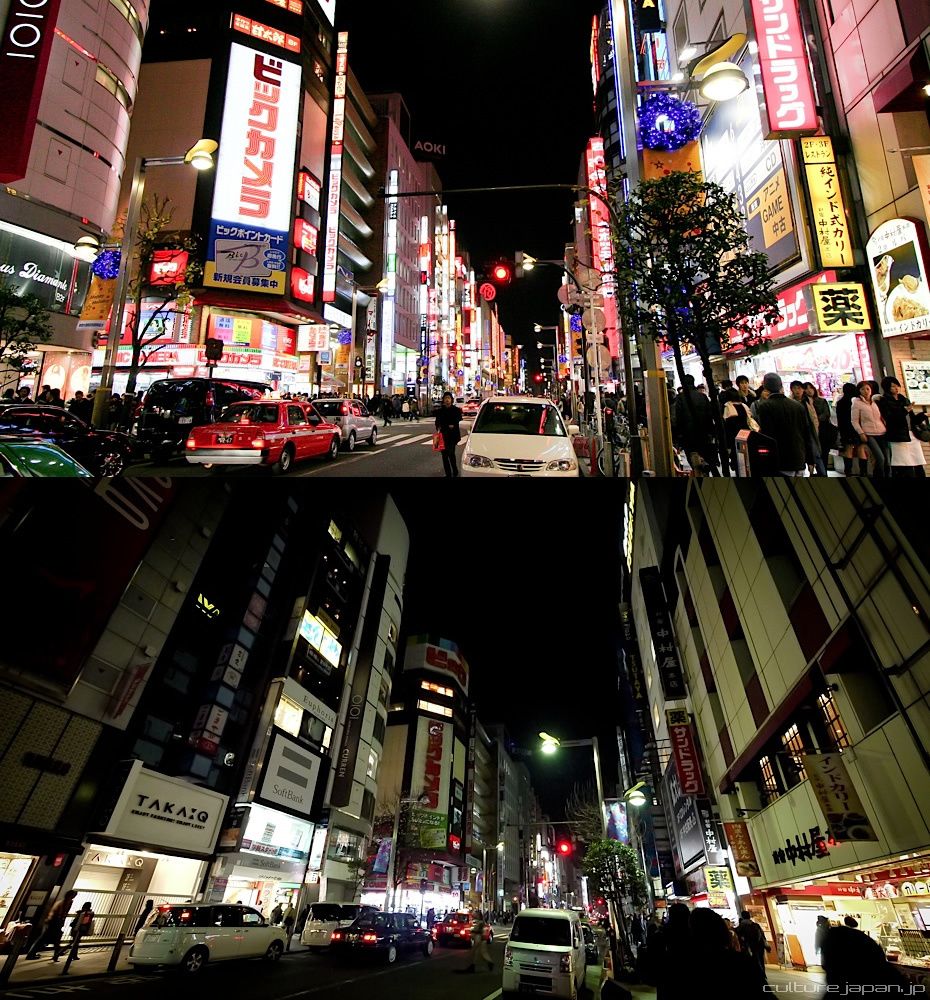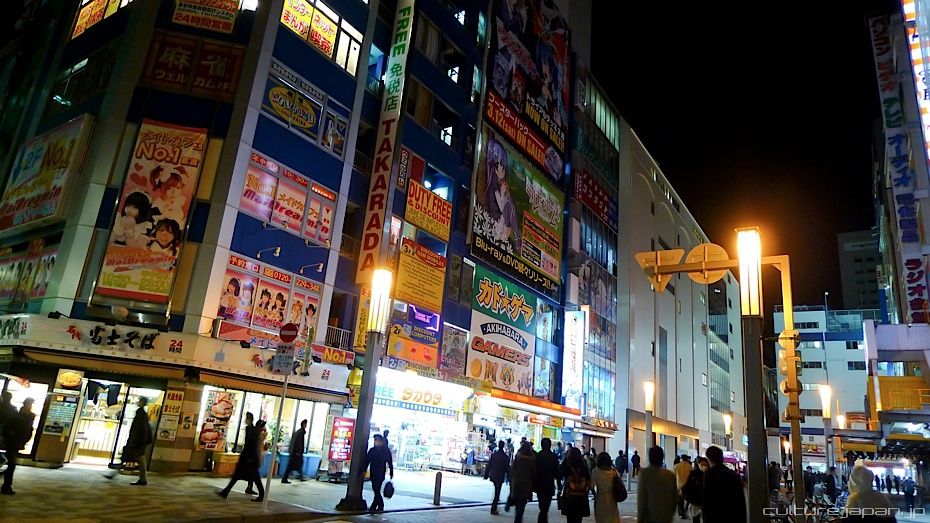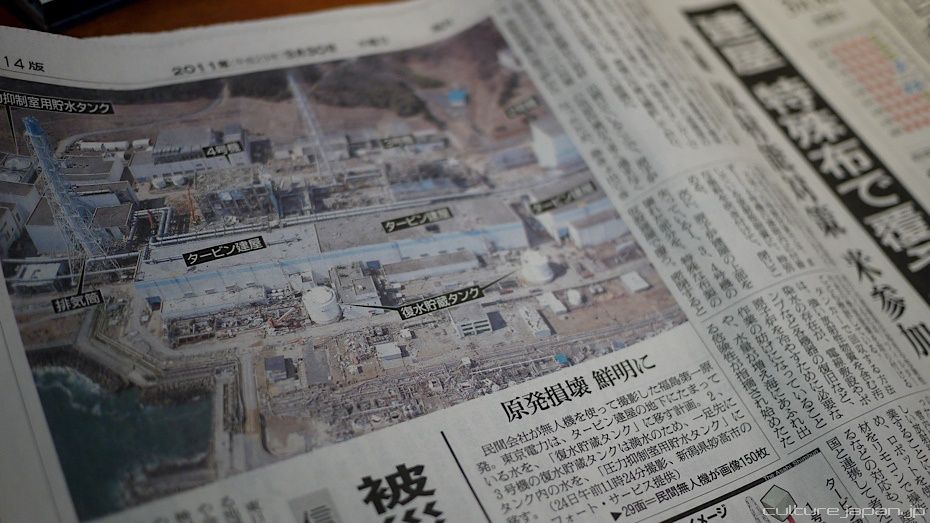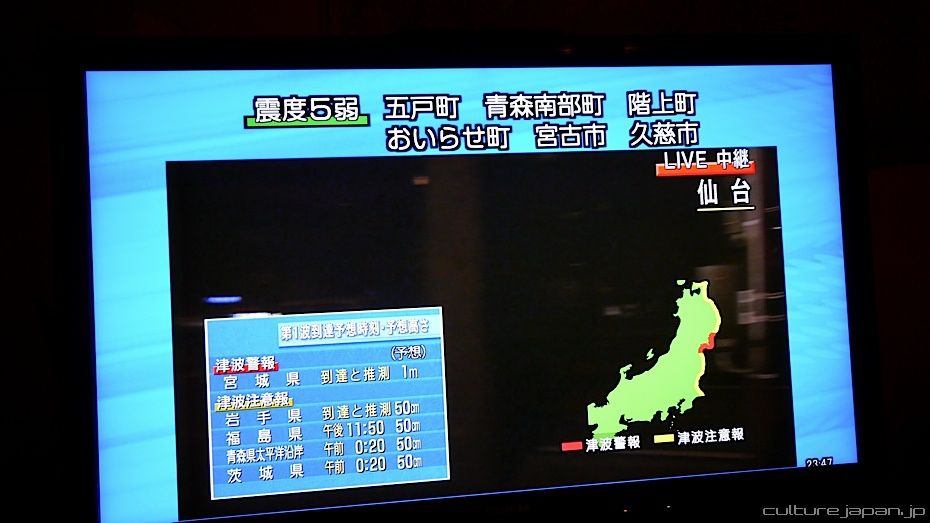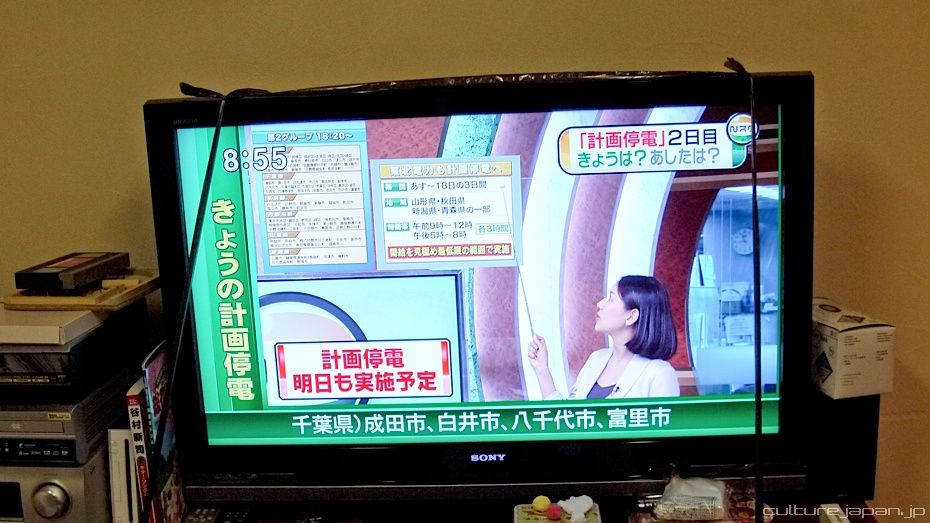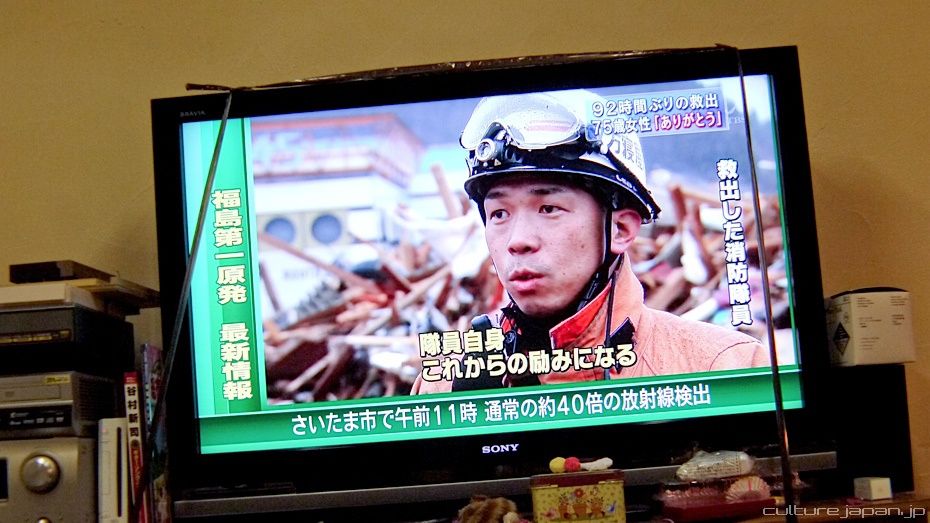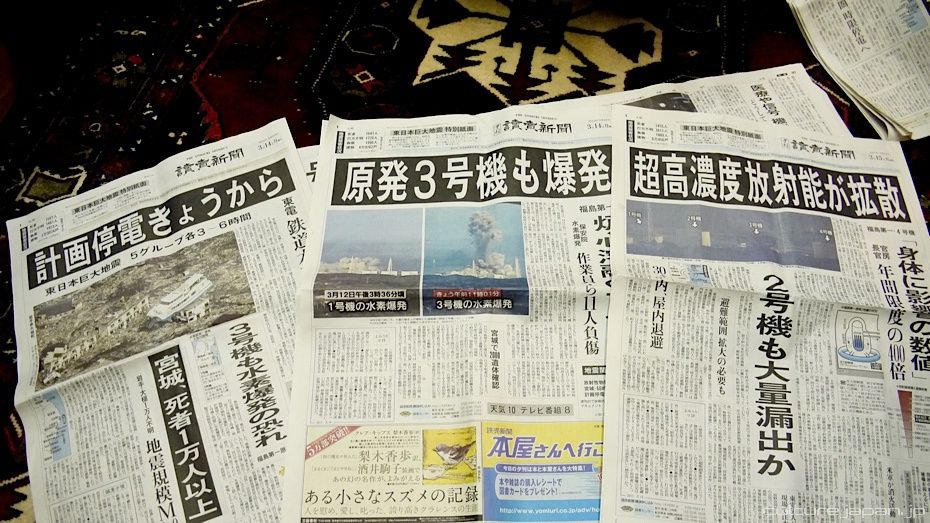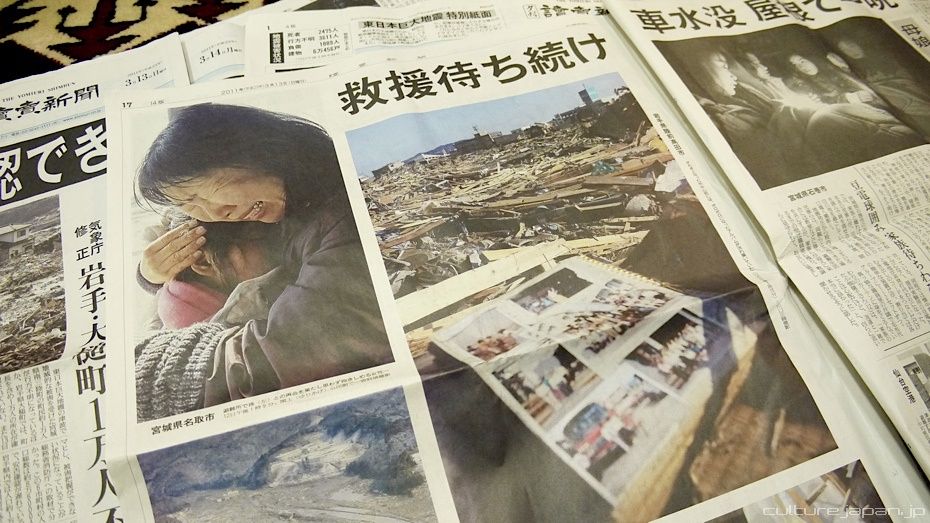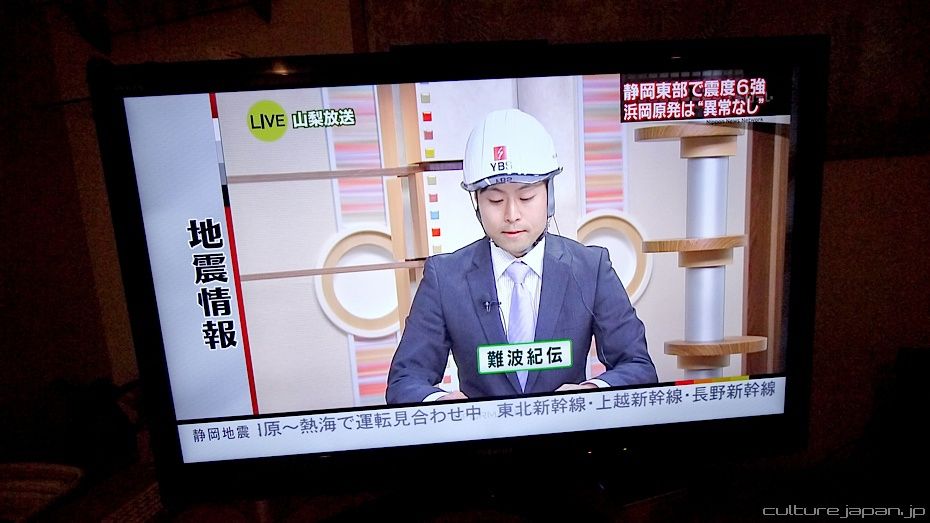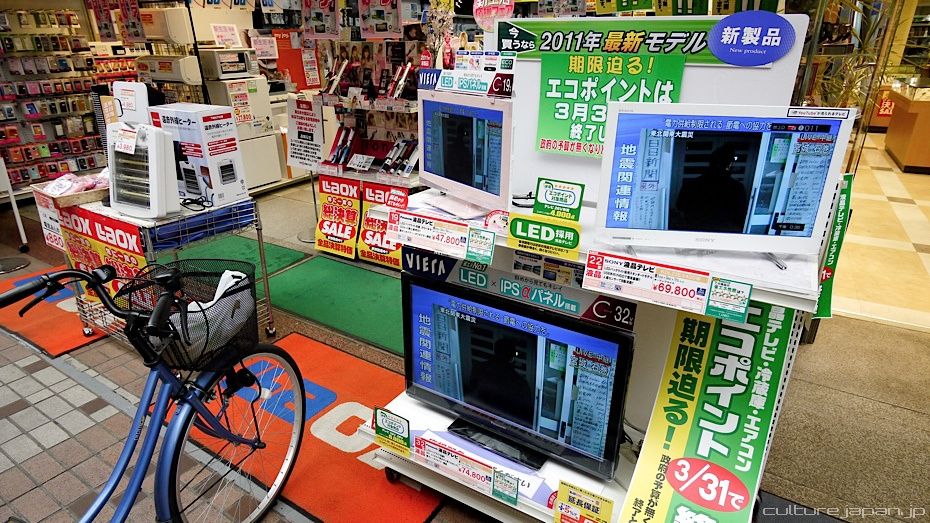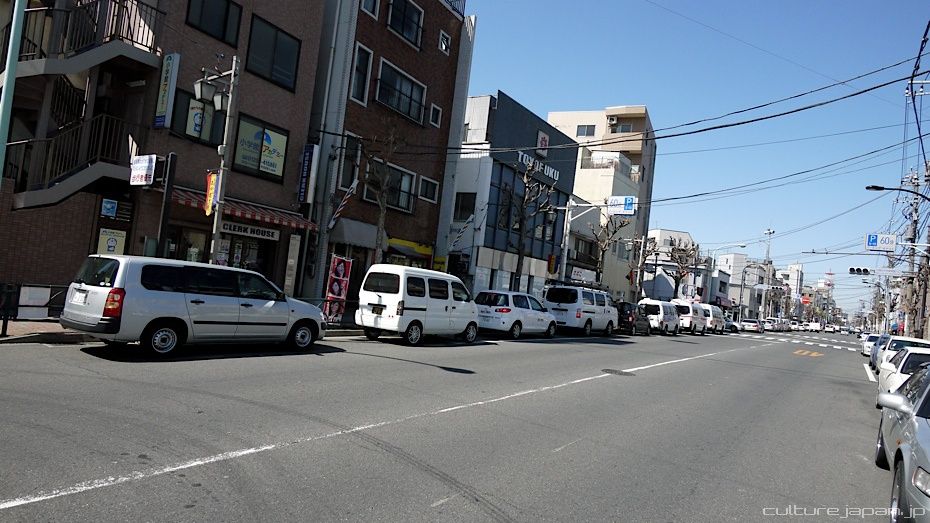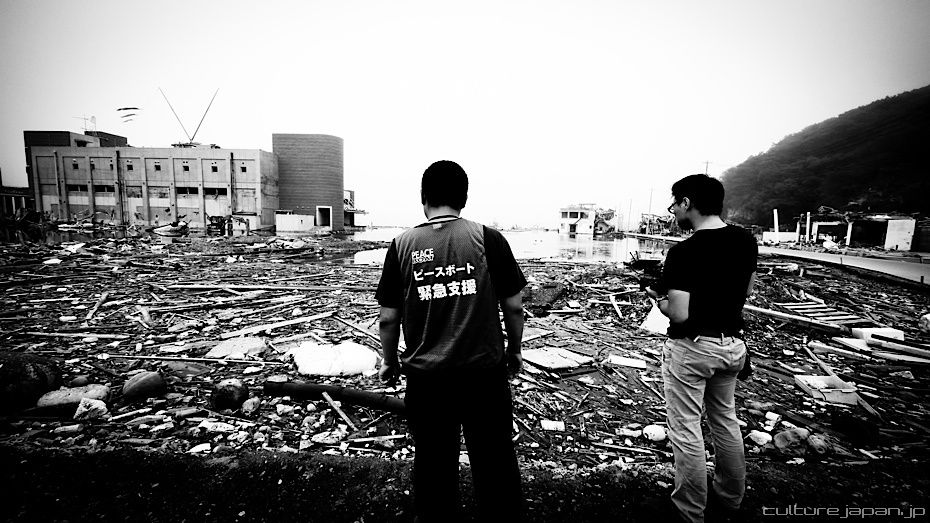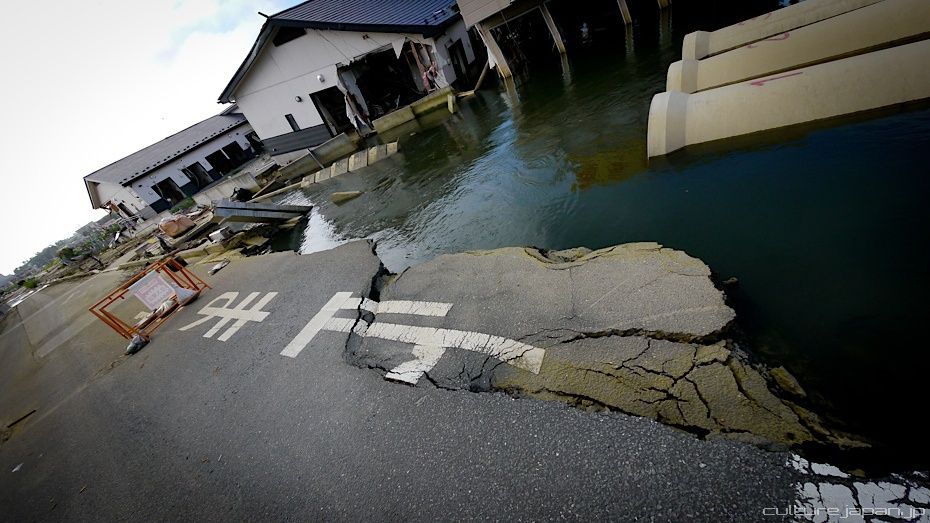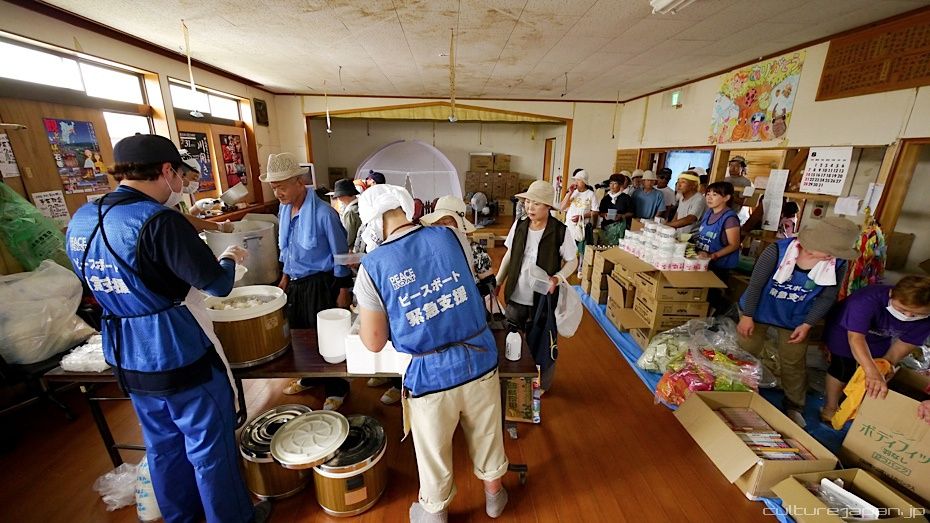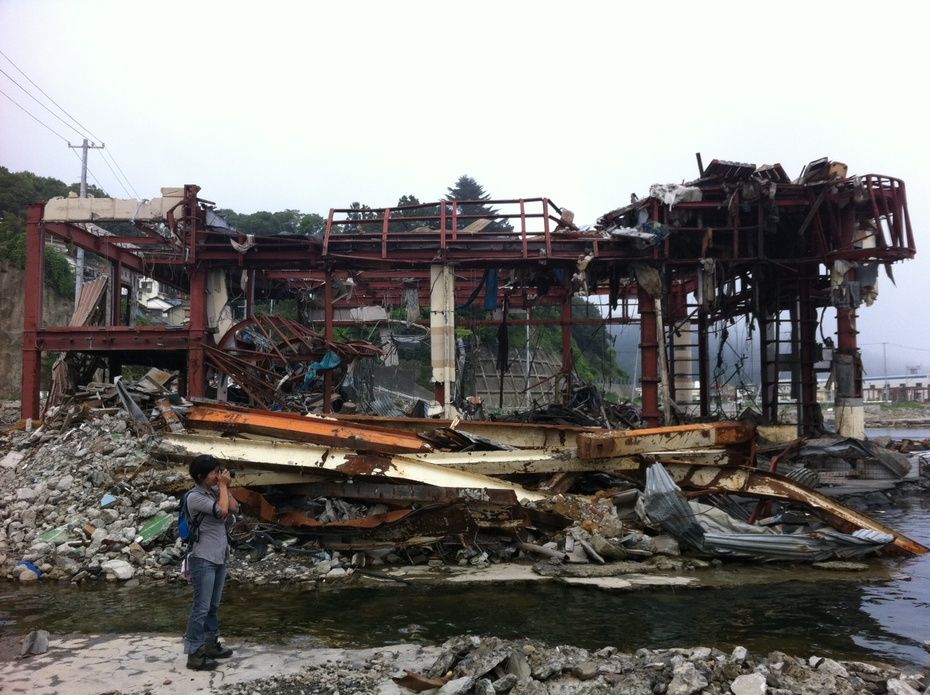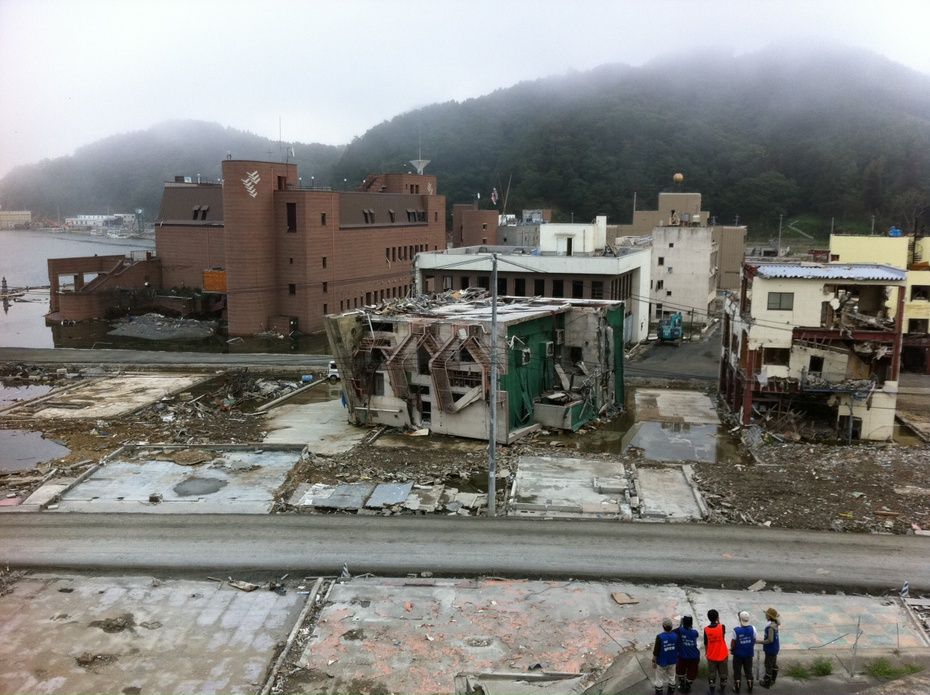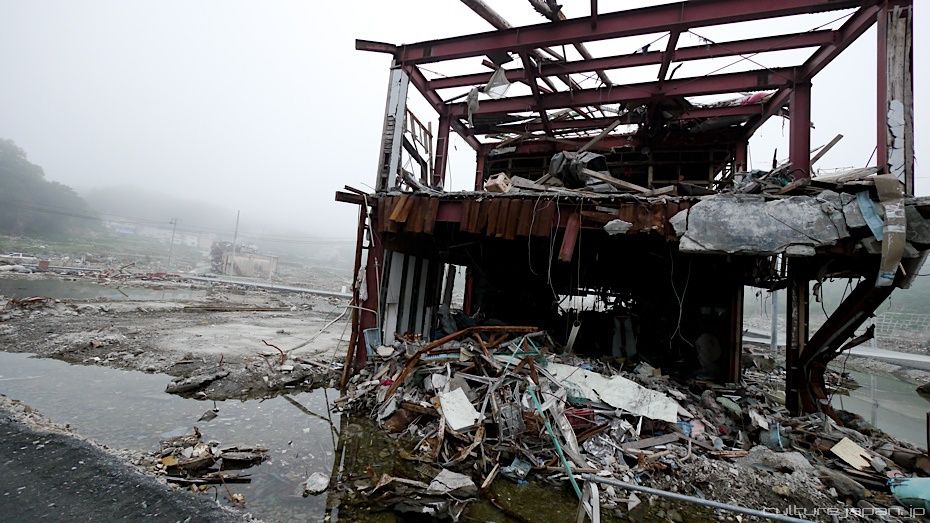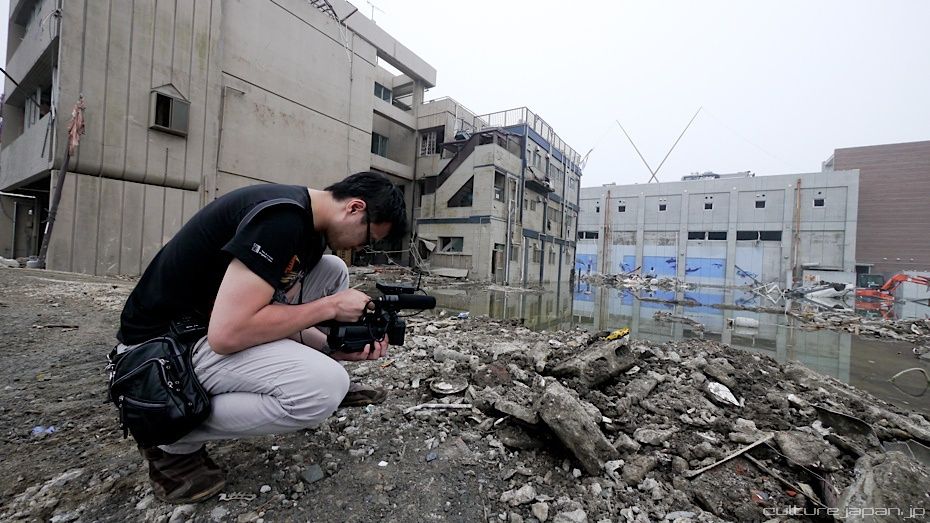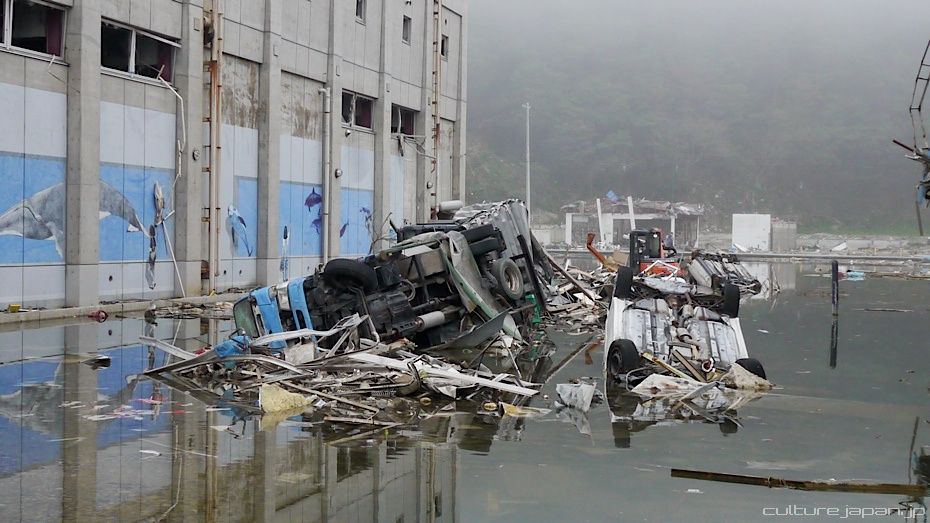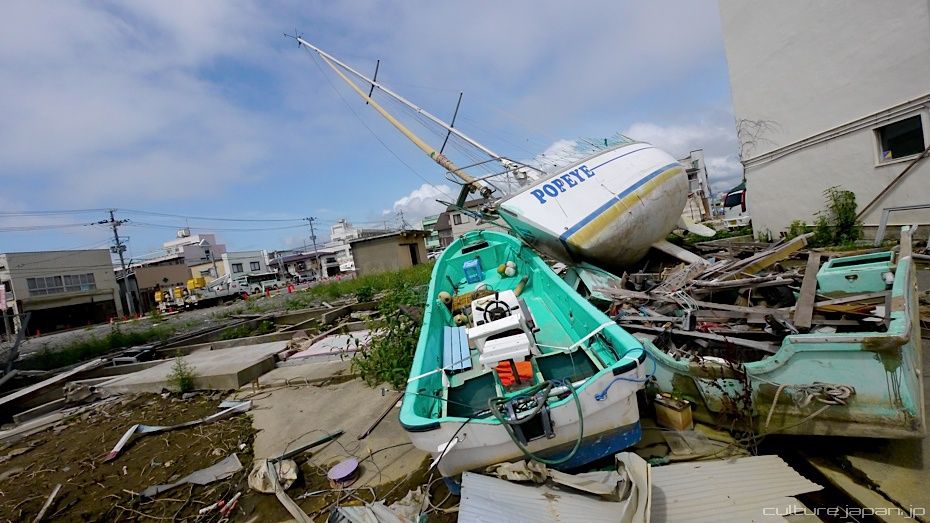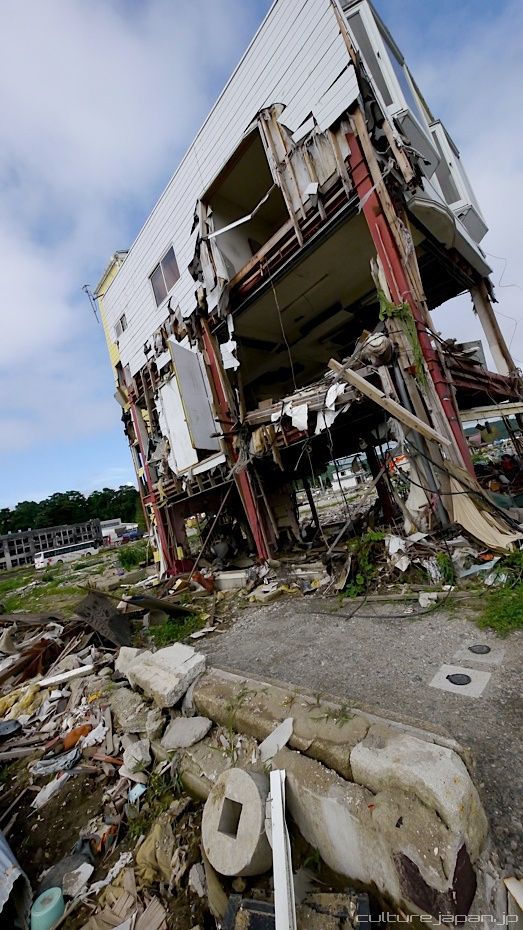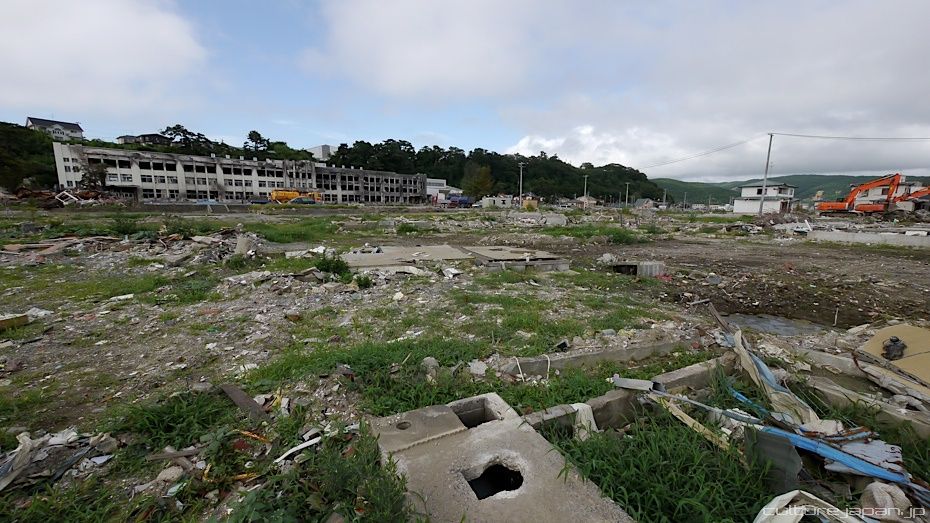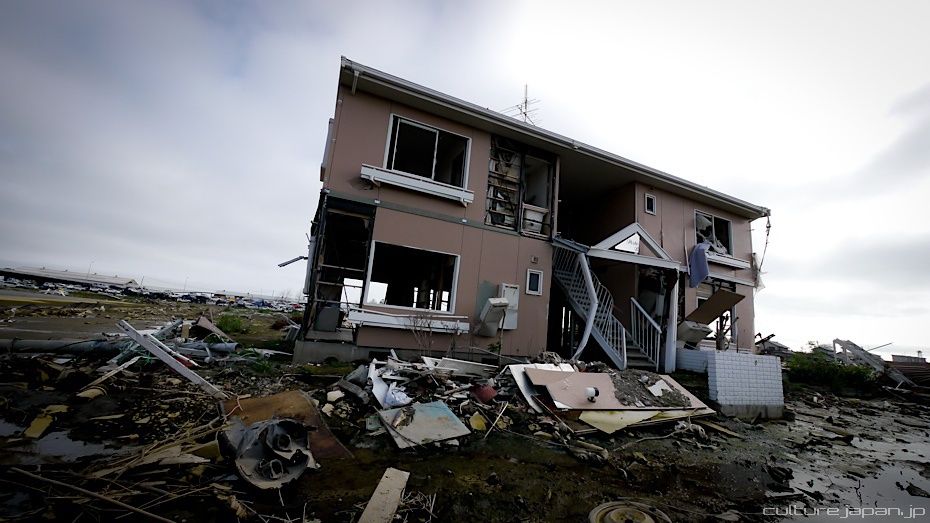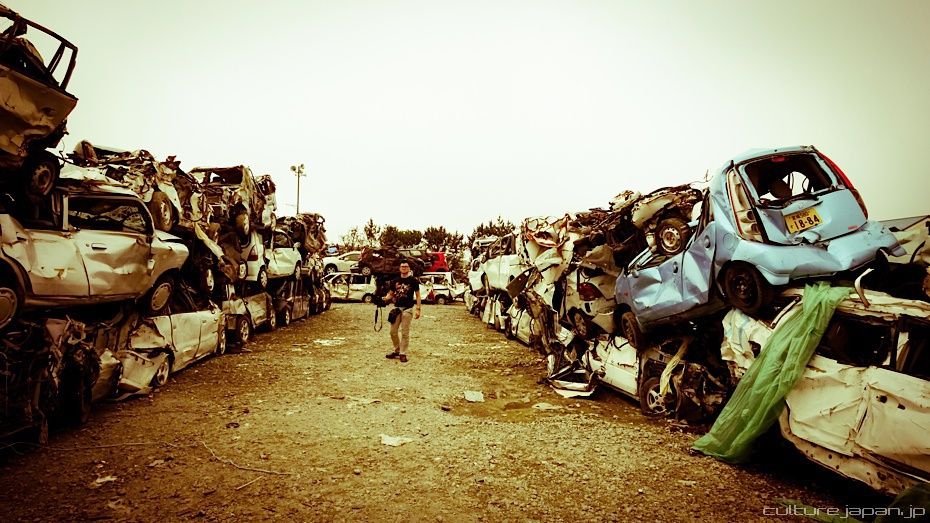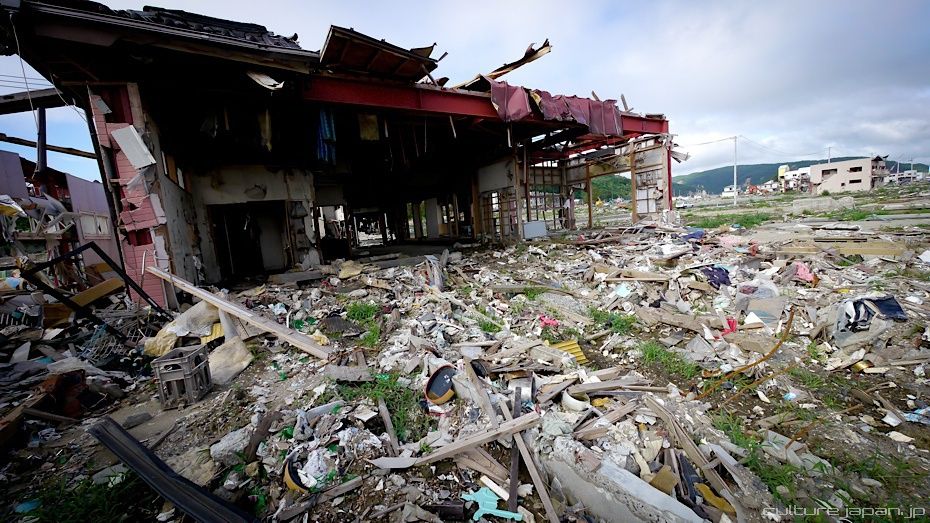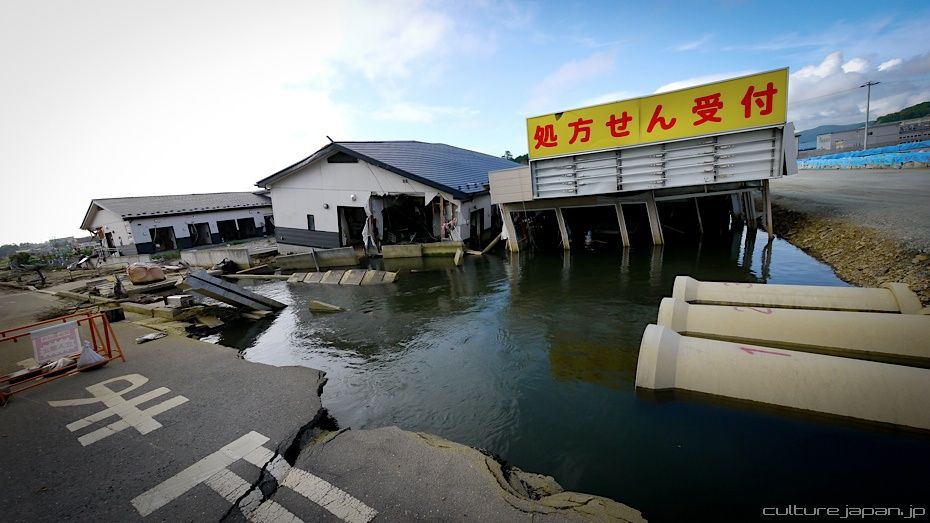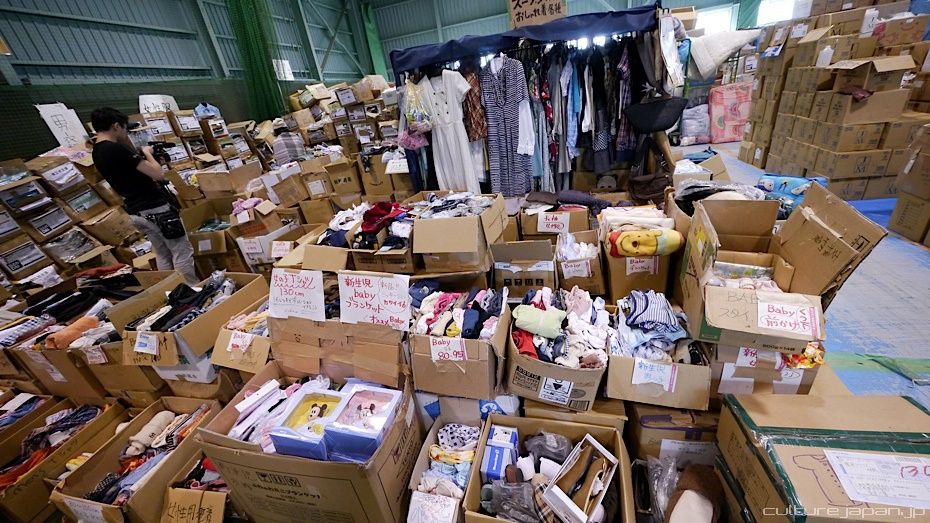Japan Earthquake Anniversary
Exactly 3 years ago to this day on 2011 March 11th, a magnitude 9 earthquake struck the east coast of Japan at 14:46. It was the most powerful earthquake to have ever hit Japan. The quake triggered a tsunami which reached 40 feet that devastated many towns on the east coast.
The combined earthquake and tsunami that occurred on 3.11 is known as the "Tohoku Chihou Taiheiyooki Jishin" or "The Great East Japan Earthquake." In Japan its also abbreviated to Shinsai .
The quake was so powerful that Honshu (the main island that makes up most of Japan) moved 8 feet to the East and even shifted the Earth on its axis. To top that off, the tsunami hit several nuclear facilities which eventually caused meltdowns. It didn't stop there - the nuclear reactors being shut down also meant that most of the Eastern side of Japan had blackouts.
I was in Hong Kong for a business trip at the time. I was actually having lunch with the Milky Holmes girls when all of a sudden Sora on her mobile phone tells us that there was a huge earthquake back in Japan...
We all went back to our hotel rooms to try to gather as much info as possible and contact ones who were close to us back in Japan. The images on TV of Japan being ravaged by the tsunami was so painful.
In this post I cover how the earthquake affected me and what life was like back then.
The huge screen in Hong Kong Times Square was showing images of the tsunami hitting the east coast. Today on the anniversary, most of the TV shows in Japan are marking the anniversary and warning parents that images of the tsunami could cause stress for children.
Folks in Hong Kong watching in disbelief.
Hong Kong's newspaper on the 12th March 2012.
The quake and tsunami hit on the 11th and we were due to go back a few days later but from the news outside of Japan, all we heard was that everybody was leaving Japan mainly due to the nuclear disaster. Parents called and asked us to stay in Hong Kong.
It was a stressful time - I knew that I wanted to go back to Japan no matter what but wifey's family were especially worried.
It was a stressful time - I knew that I wanted to go back to Japan no matter what but wifey's family were especially worried.
Even folks in Japan were recommending that we stay away from Japan for a while due to the lack of supplies, food and electricity. There were still many aftershocks at the time too and reports that another big quake could hit.
You read how Japan changed my life and ever since I moved here I've always considered Japan to be my home and and that if I had the choice, Japan is where I would die too.
Just sitting watching from the outside was too painful. Despite the risks, we decided to head back to Japan on schedule.
Before heading back to Japan, wifey said we should we pick up some rice as folks in Japan said that there wasn't going to be any for a while - never ever thought I'd buy rice overseas - not in this lifetime!
Arrival back in Tokyo. We took the ANA (All Nippon Airways) flight from Hong Kong to Haneda which took only just over 3 hours and arrived at about 19:00.
The main nuclear reactors meant that there wasn't enough electricity to go around so rolling blackouts were in effect - so for example a ward would have their planned black out between the hours of 9am - 5pm - then the next ward would get their black out etc.
Planned rolling blackouts meant that train services are disrupted but still running on a reduced service. The Keikyu line from Haneda was only running to Shinagawa - but Shinagawa is on the JR Yamanote line which is one of the most convenient lines available as it circles around Tokyo.
Even though the service is "reduced," as you can see from the train times here - its still more frequent that I've seen in many other parts of the world.
The first day of the quake hit East Japan hard - Tokyo was crippled and many simply could not get home as all the trains stopped.
The first day of the quake hit East Japan hard - Tokyo was crippled and many simply could not get home as all the trains stopped.
Things on the trains seemed to be back to normal.
Most vending machines were turned off to save electricity. The whole of East Japan went into power conservation mode.
Back at home. I honestly that the damage was going to be much worse than this.
In the 13 years that I've been living in Japan, I've only had about 1 figure fall over in a quake - and it probably wasn't even standing properly.
I'm not complaining or sad about any of the damage in our house though - considering the damage and deaths up North, I have no right to complain.
I'm not complaining or sad about any of the damage in our house though - considering the damage and deaths up North, I have no right to complain.
All photos of the damage at home in this post.
The earthquake and tsunami affected the whole of Japan in many ways. Many factories were destroyed and logistics disrupted. Indeed there was a lack of rice but its not as if there wasn't any left - you just had to queue up for it.
"Get out of Tokyo now", "Starving in a city of ghosts" were some of the headlines in foreign media. The British embassy in Tokyo were giving out some sort of pills to protect Britons from the increasing levels of radiation and were even paying for flights back to the UK. Many Gaijin (non-Japanese folk) that I personally knew left the country and many others fled too.
Gaijin who left Japan were branded "Flyjin" - many Gaijin stared to complain about the "racist" new name even though the term was invented by a Gaijin ^^;
Radiation levels were increasing but were still lower than the levels in other cities around the world. Foreigners who left Japan that were worried about the radiation probably exposed themselves to more radiation on the flight out of Japan.
This photo taken in Shibuya a week after the earthquake - I went along to show folks around the world what was truly going on in Tokyo.
The shops however were running out of daily supplies - but only because people started to hoard - buying much more than what they needed meant there wasn't enough to go around.
Then when they announced that radiation levels were found in Tokyo's tap water - folks started to buy up all the mineral water.
Then when they announced that radiation levels were found in Tokyo's tap water - folks started to buy up all the mineral water.
Supermarkets had restrictions on food purchases - in this case it was 1 carton of milk per person.
In my lifetime I never thought I'd see modern day Japan like this.
Batteries, cosmetics, soaps and even paper where in shortage. Newspapers became thinner and some weekly publications didn't happen due to the paper shortage.
Many shops reduced their opening hours and to conserve electricity.
All the tissue sold out at this pharmacy - to get some, one would have to queue up early in the morning.
Read more about the food and supply shortage.
Our local shopping arcade darker than usual due to the electricity conservation.
Most of the neon signs were turned off and pretty much all the large TV screens were just blank. Due to everybody's efforts to save electricity, many (not all) of the planned blackouts were postponed as demand was kept lower than the supply but it meant that the streets of Tokyo at night were darker than dark.
This photo was taken in Shinjuku - I came out of the JR exit and was shocked to see Shinjuku like this.
Comparison of what Shinjuku normally looks like and how it looked like shortly after the earthquake.
Akihabara shortly after the quake - more photos in this post.
For several weeks, news of the nuclear reactors filled the news which slowly seemed to get worse.
After getting back to Tokyo, we experienced many aftershocks - a big one shortly after getting back.
The green border in the shape of an L that you see on the edge of the screen is known as the "L-ji" and usually appears during a TV show when there is a disaster - the L-ji was pretty much attached to every TV show for many weeks.
This photo taken at our neighbors place a few days after the quake - they've strapped their TV down in the event of another aftershock.
The newspapers back then were pretty grim - rolling blackouts, over 10,000 dead, explosions at the nuclear reactors and increasing levels of radiation. The aftershock epicenter moving closer to Mt Fuji made things feel grimmer than grim.
Constant news of the disaster wasn't doing much in bringing back hope to the citizens of Japan and after a while, some TV stations decided that what Japan needed were programs to cheer everybody up - especially those in evacuation centers and makeshift homes.
Many opposed the move and thought it was too early to be cheerful. I personally feel that it was important to get Japan back up on its feet again and staying glum wasn't doing anything to help the country.
The TV's at electronic stores showing more disaster related news.
Price of petrol was going up and folks were queuing up for hours to fill up their car - but most of this was just people hoarding. This meant that people who really needed it (folks up North) couldn't get around due to the lack of petrol.
This photo taken near where I live - the line of cars is actually a queue for the gas station down the road.
This photo taken near where I live - the line of cars is actually a queue for the gas station down the road.
I wanted to head up North to the most heavily hit parts to help but I didn't know what I could do. I consulted with comrades in the Japanese government and they suggested that rather than go up to do heavy duty work, they said that I should do something that most others cant do - which was to cover the relief efforts of volunteer workers and let folks around the world know.
I done that and you can see the result below in the first episode of Culture Japan Season 2 which was broadcast across Japan and America.
The following photos taken when I was up North and you can see more in the Onagawa and Ishinomaki posts.
